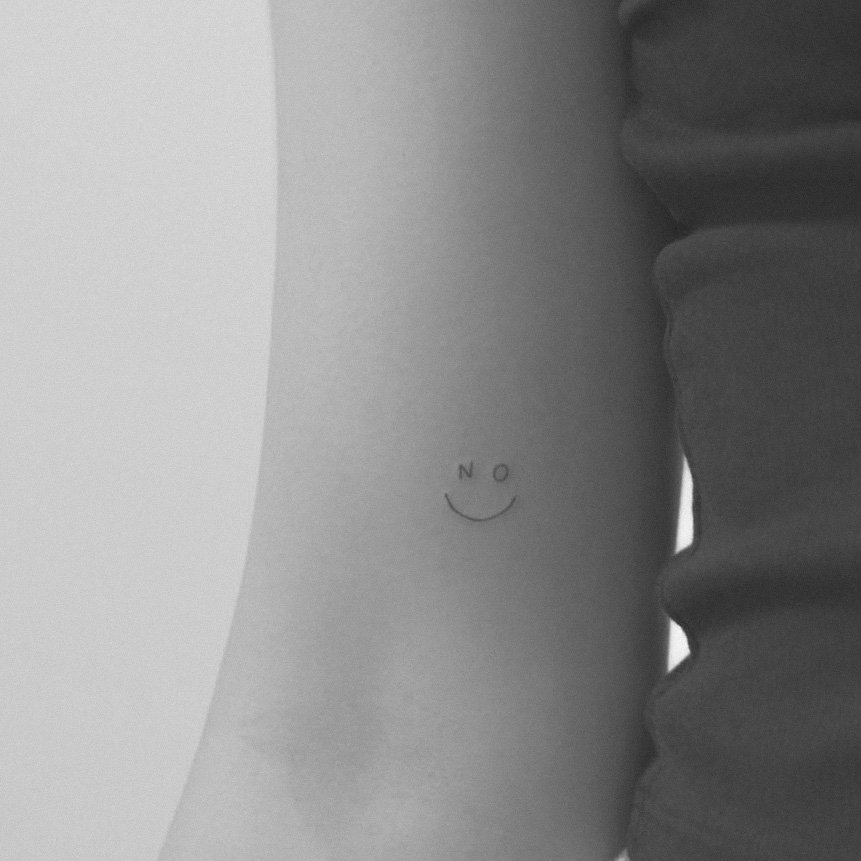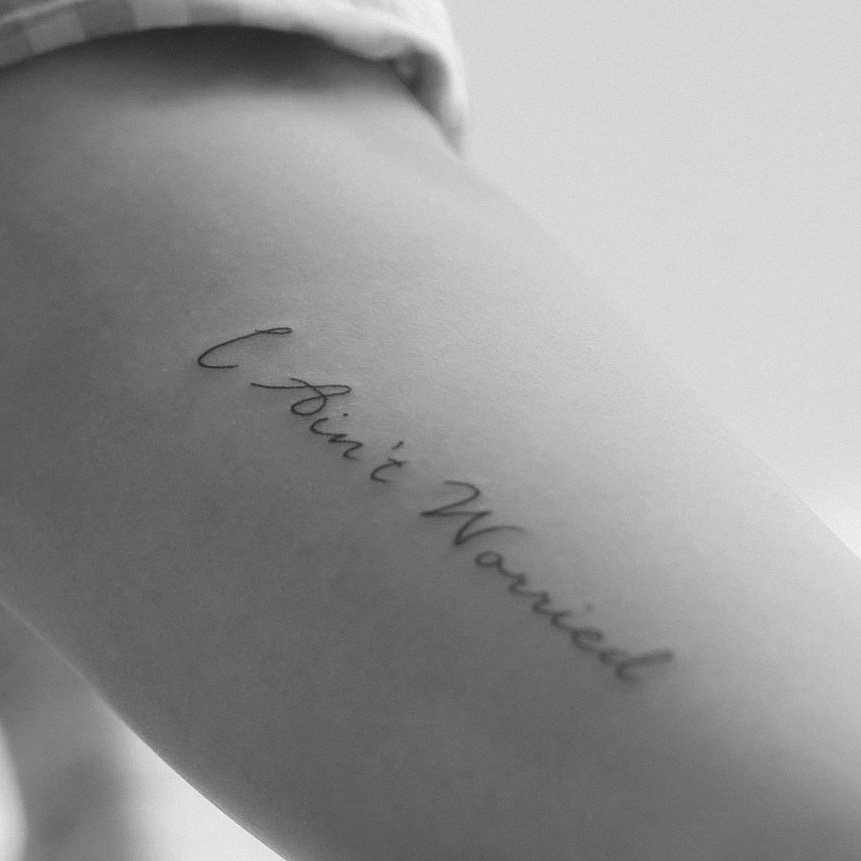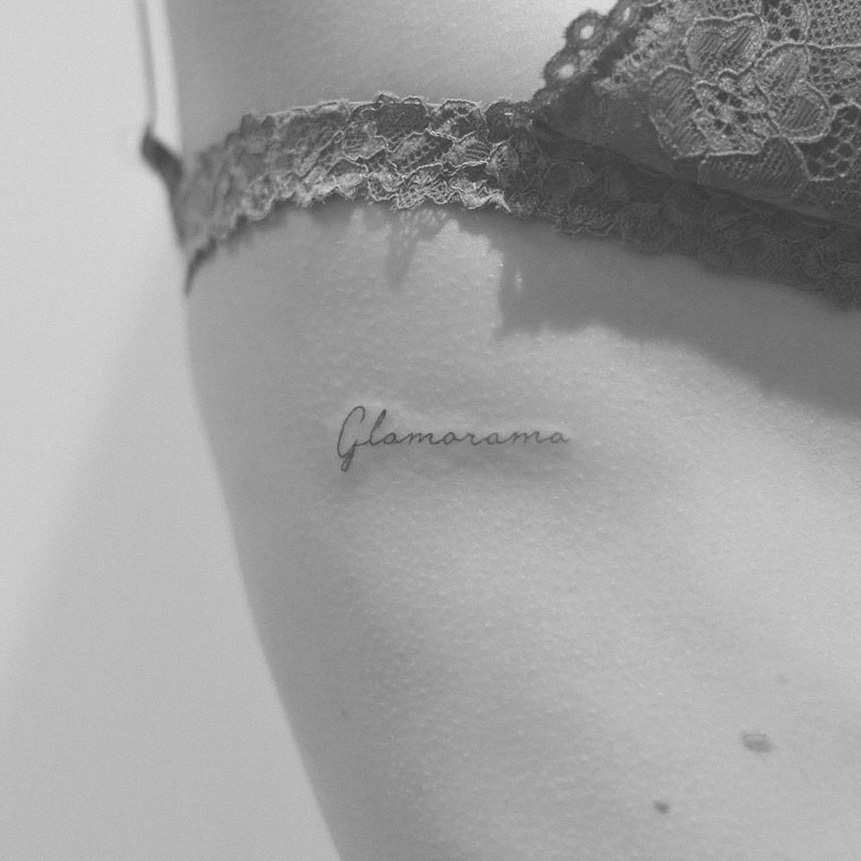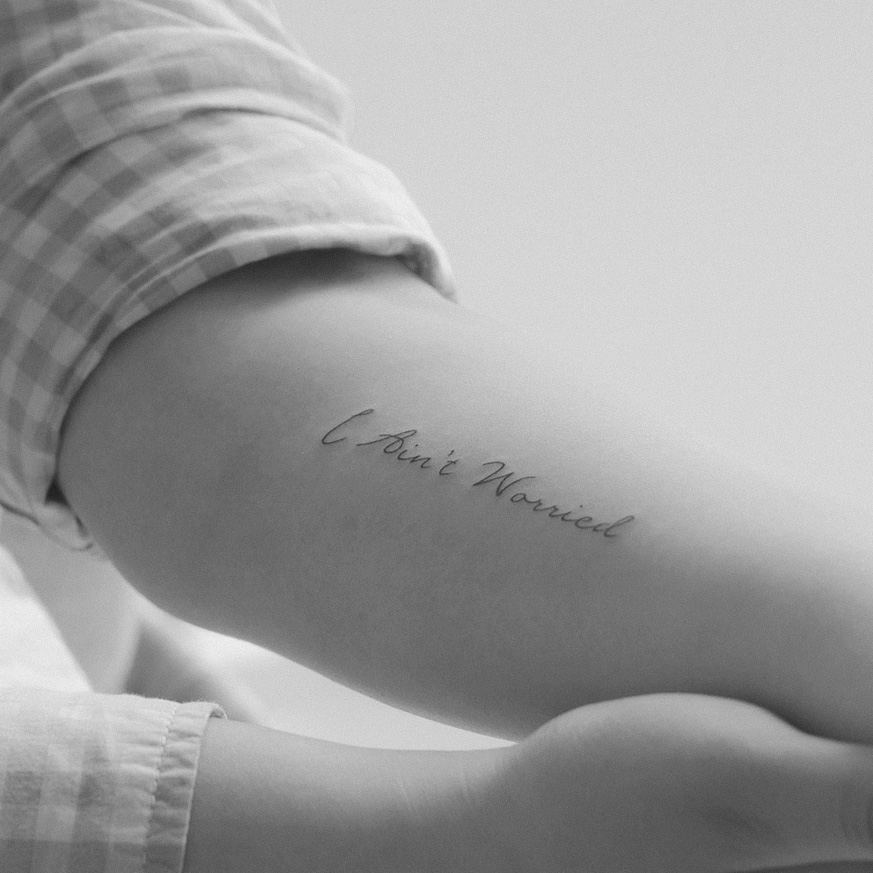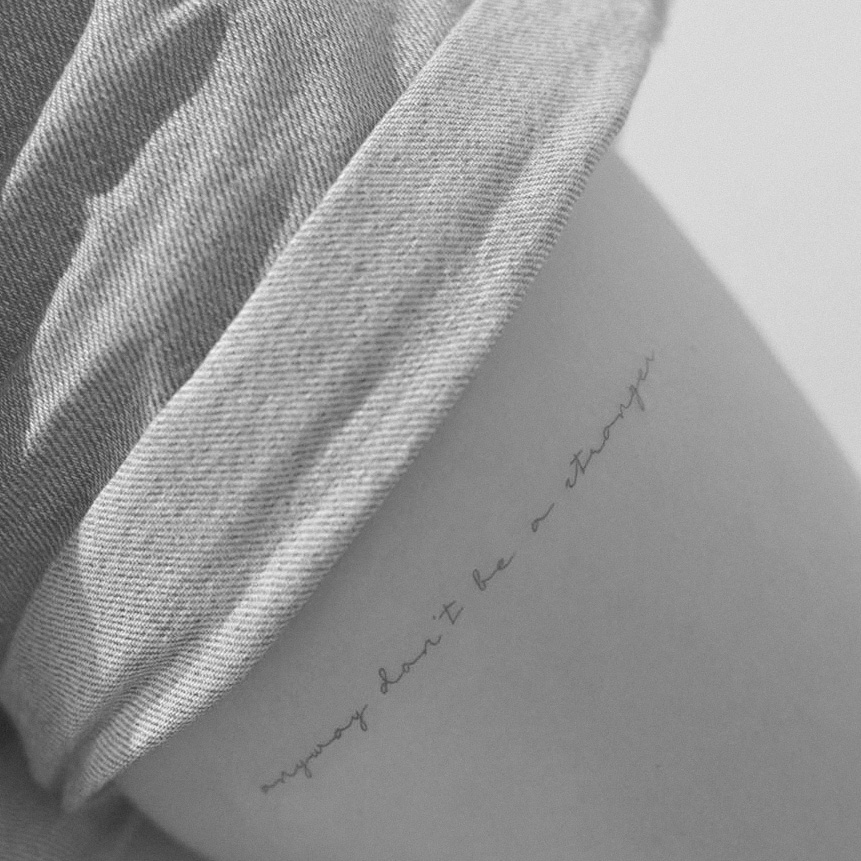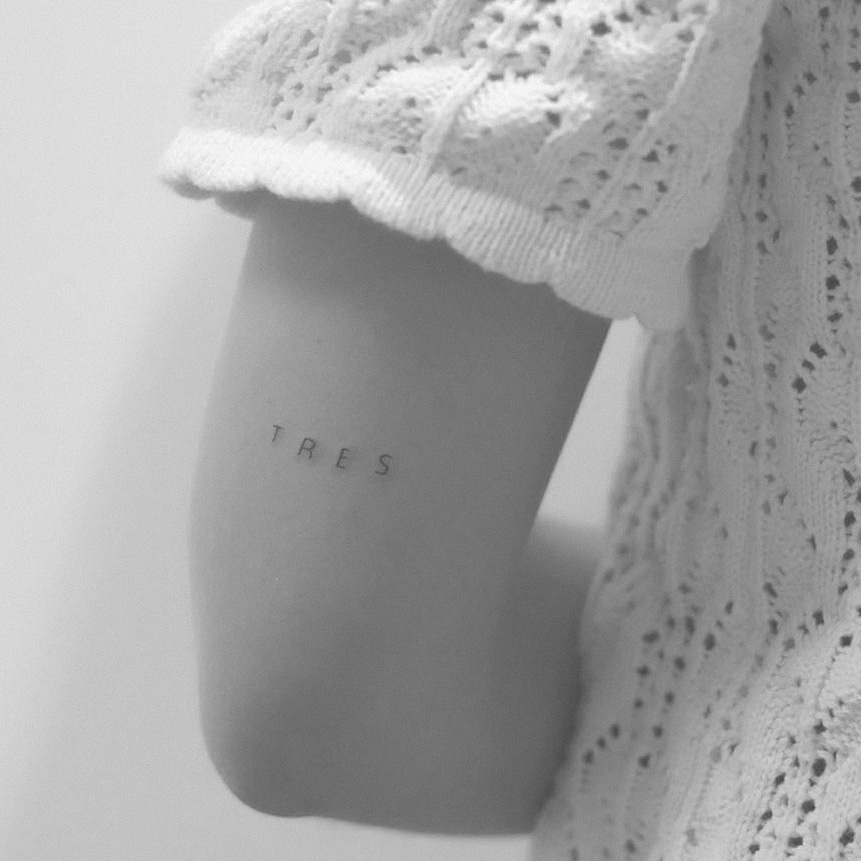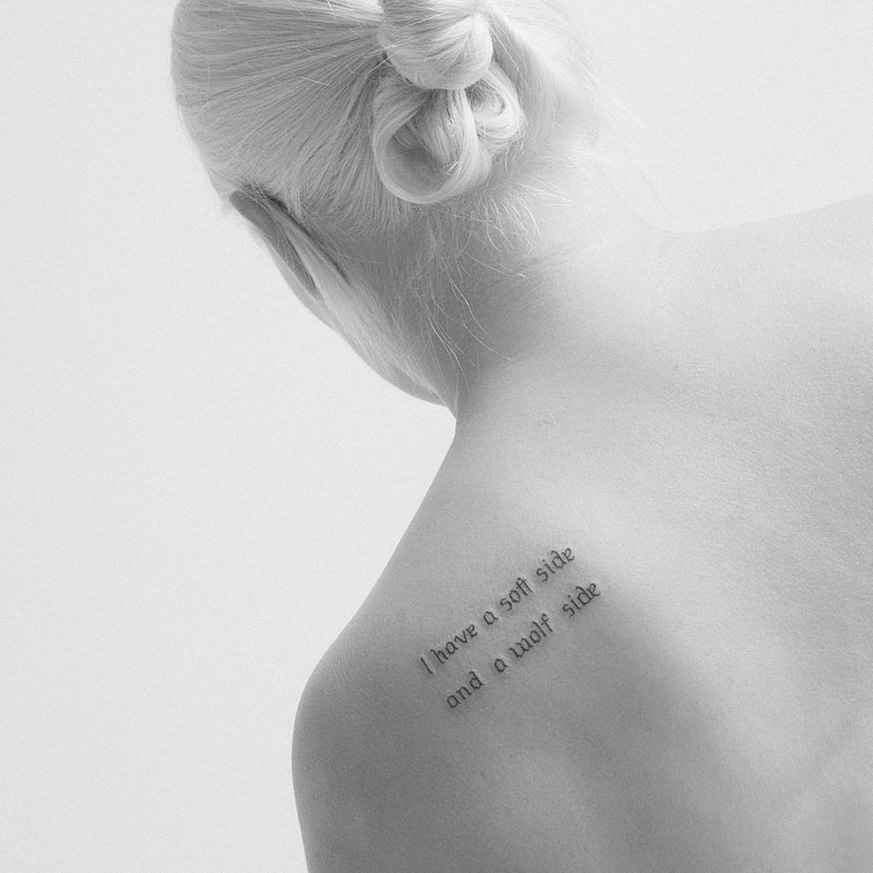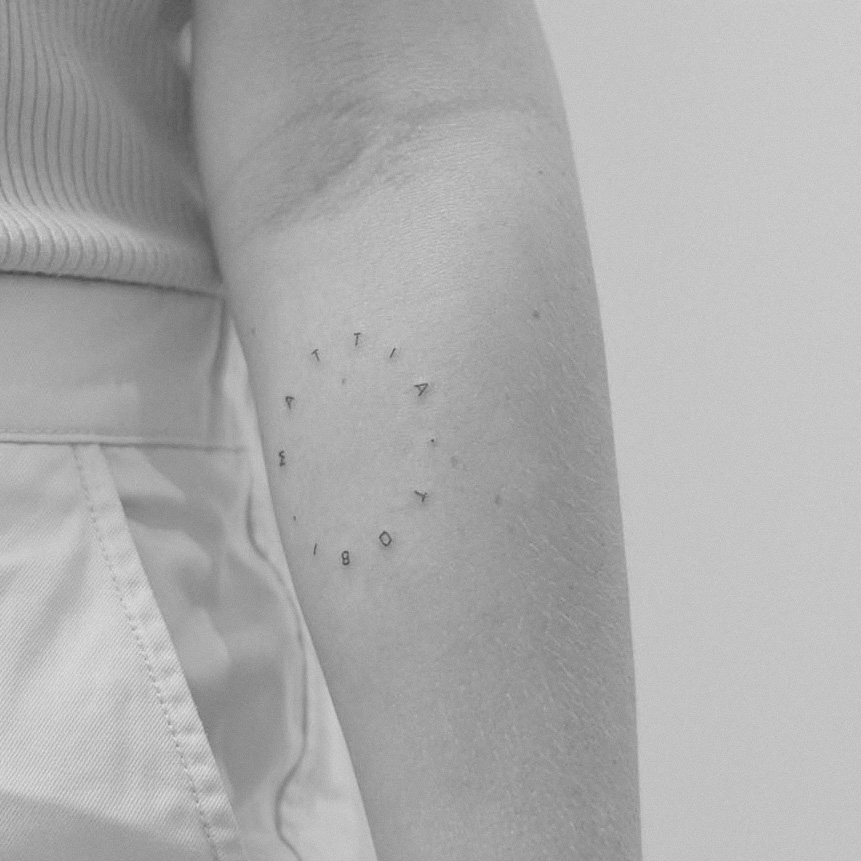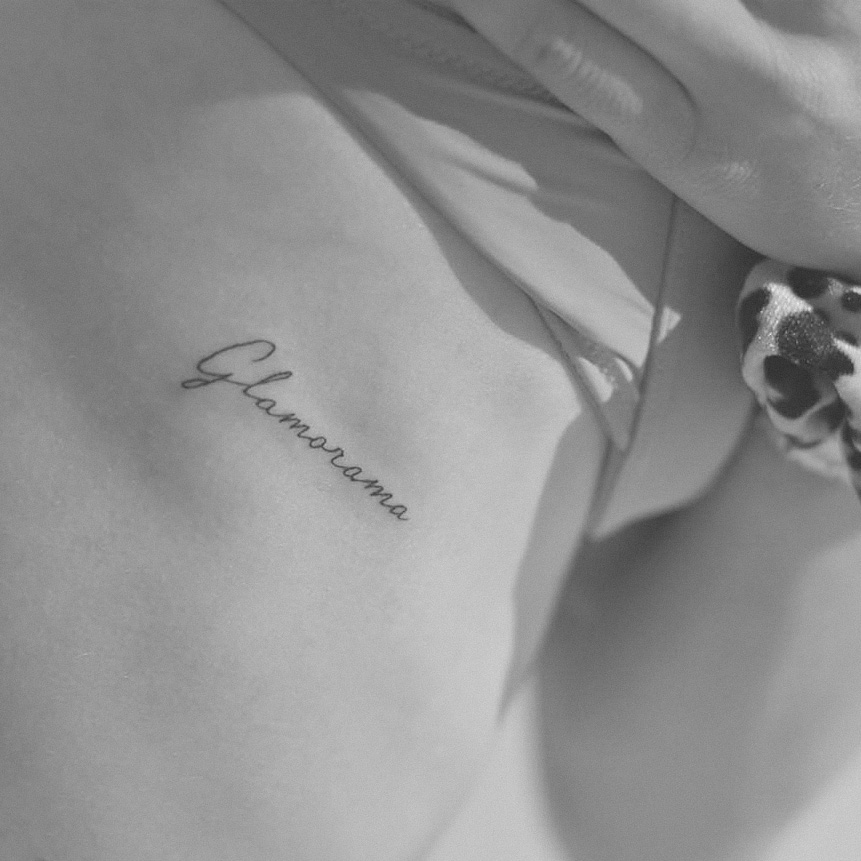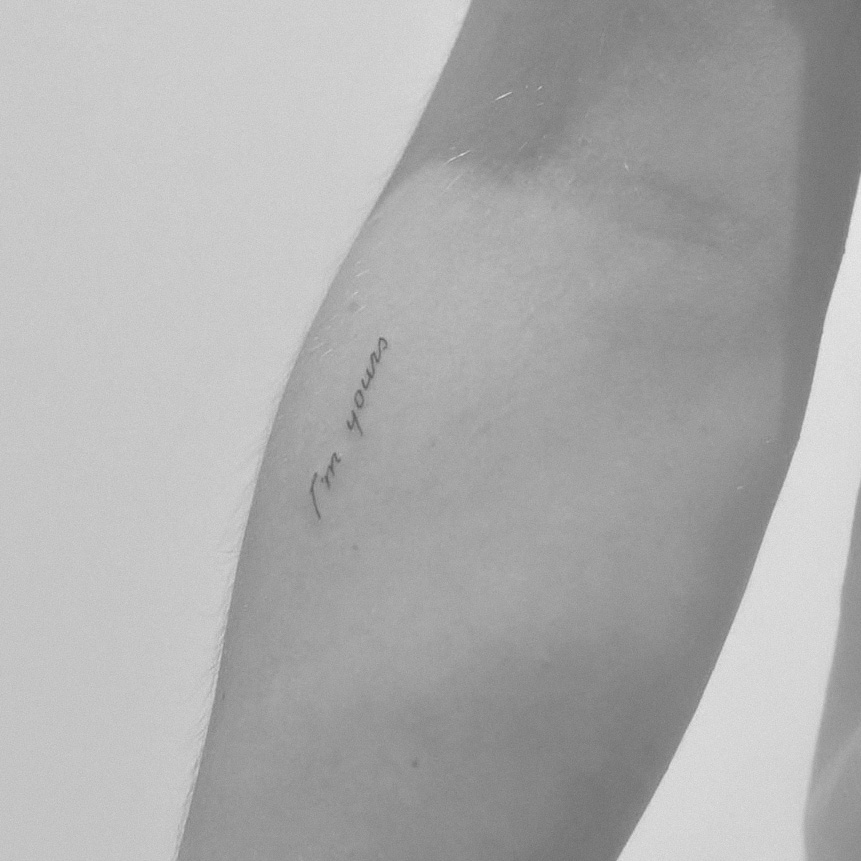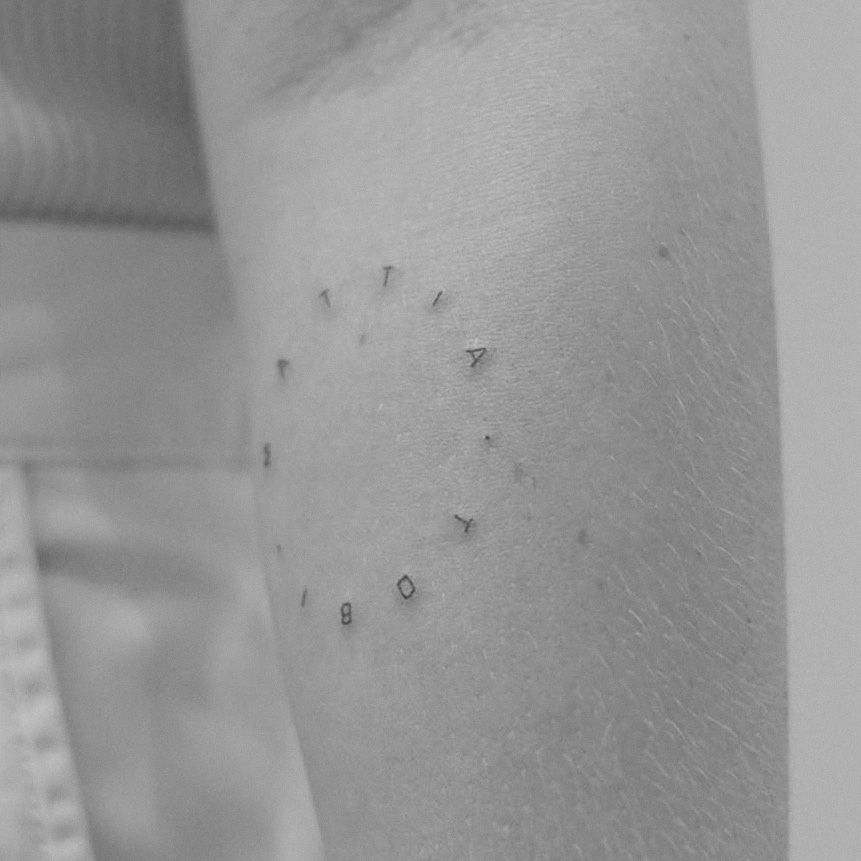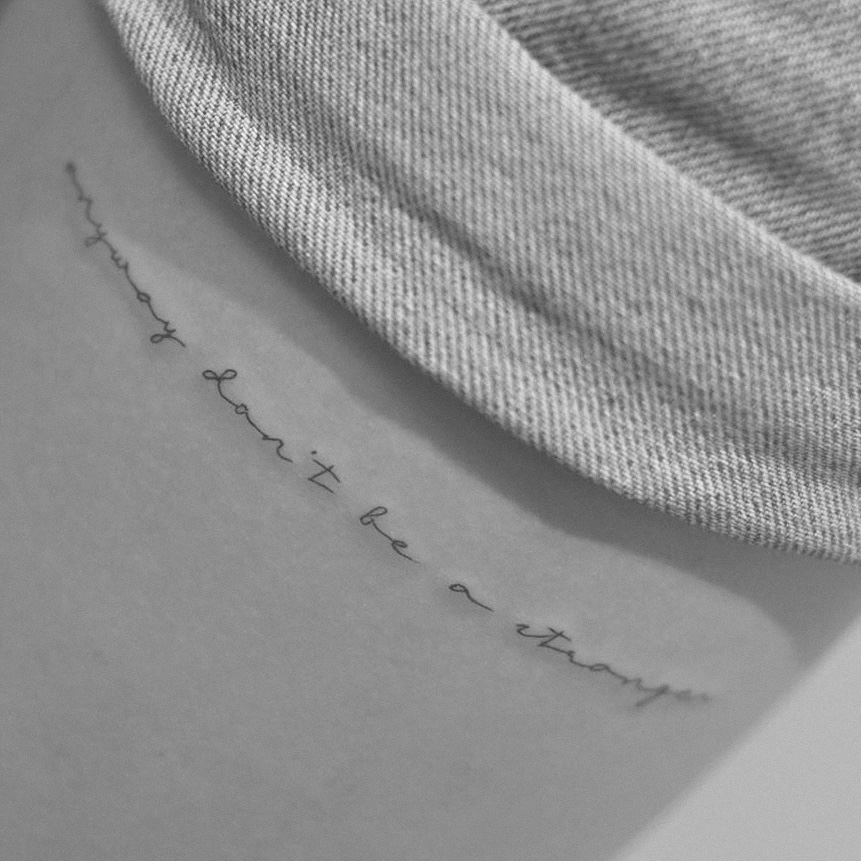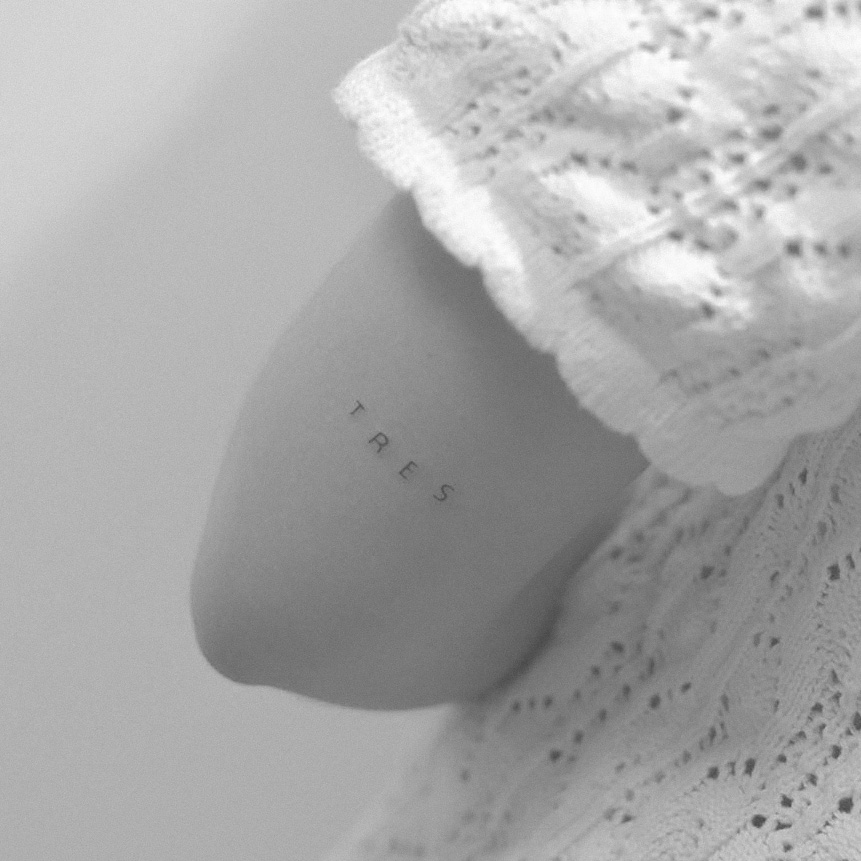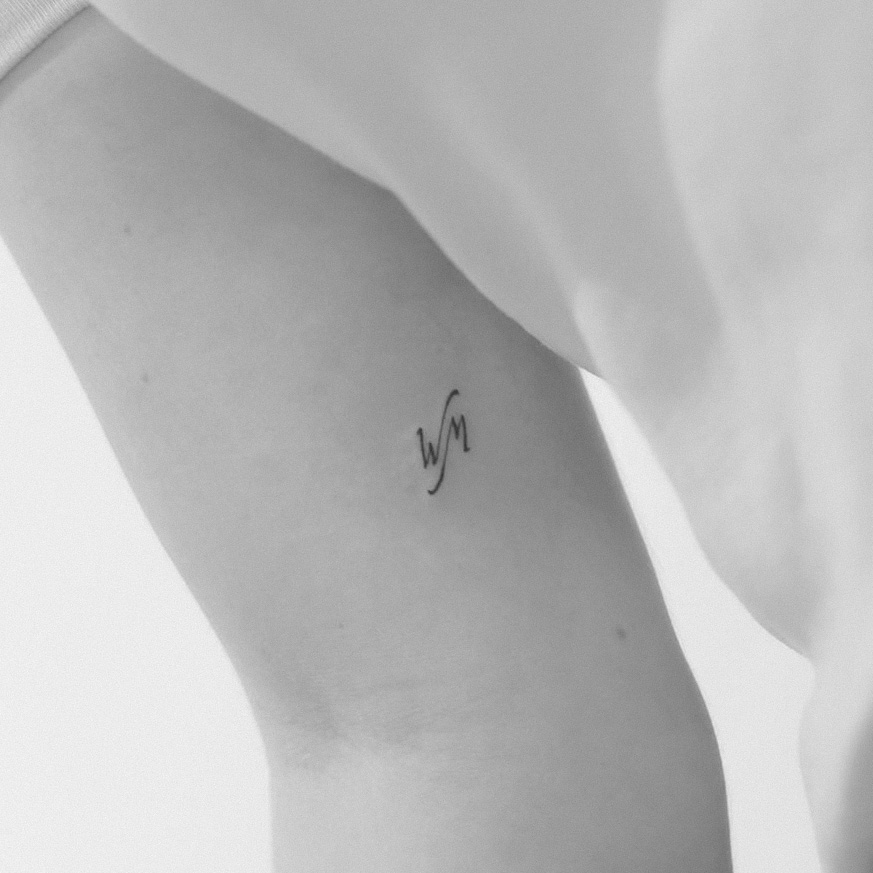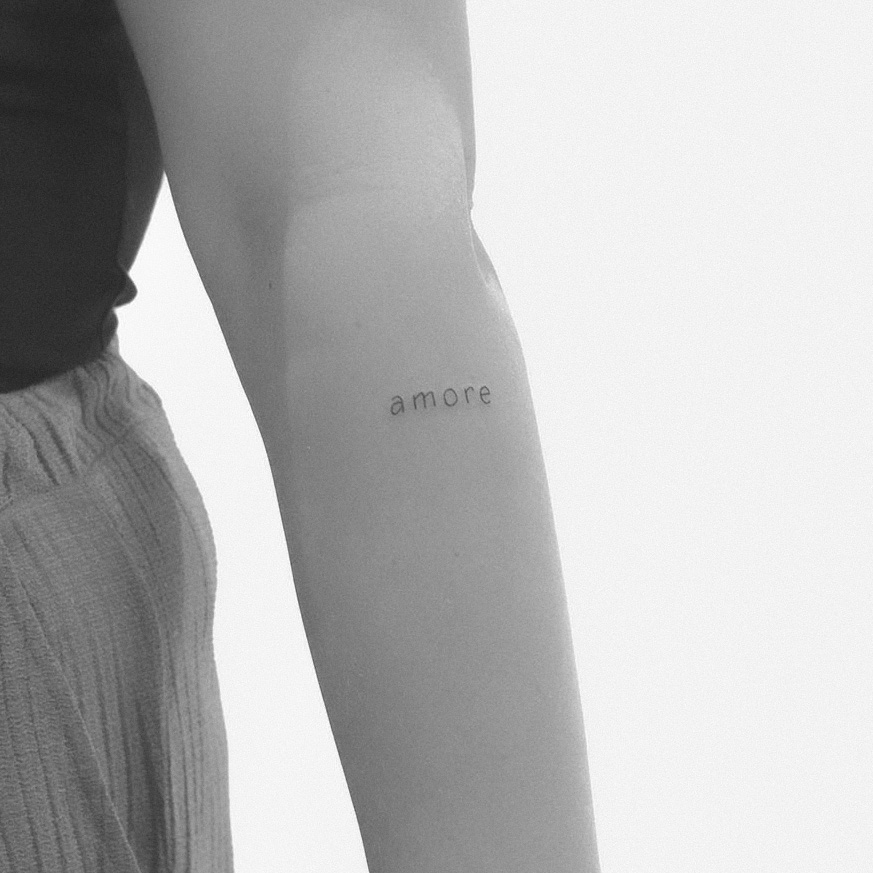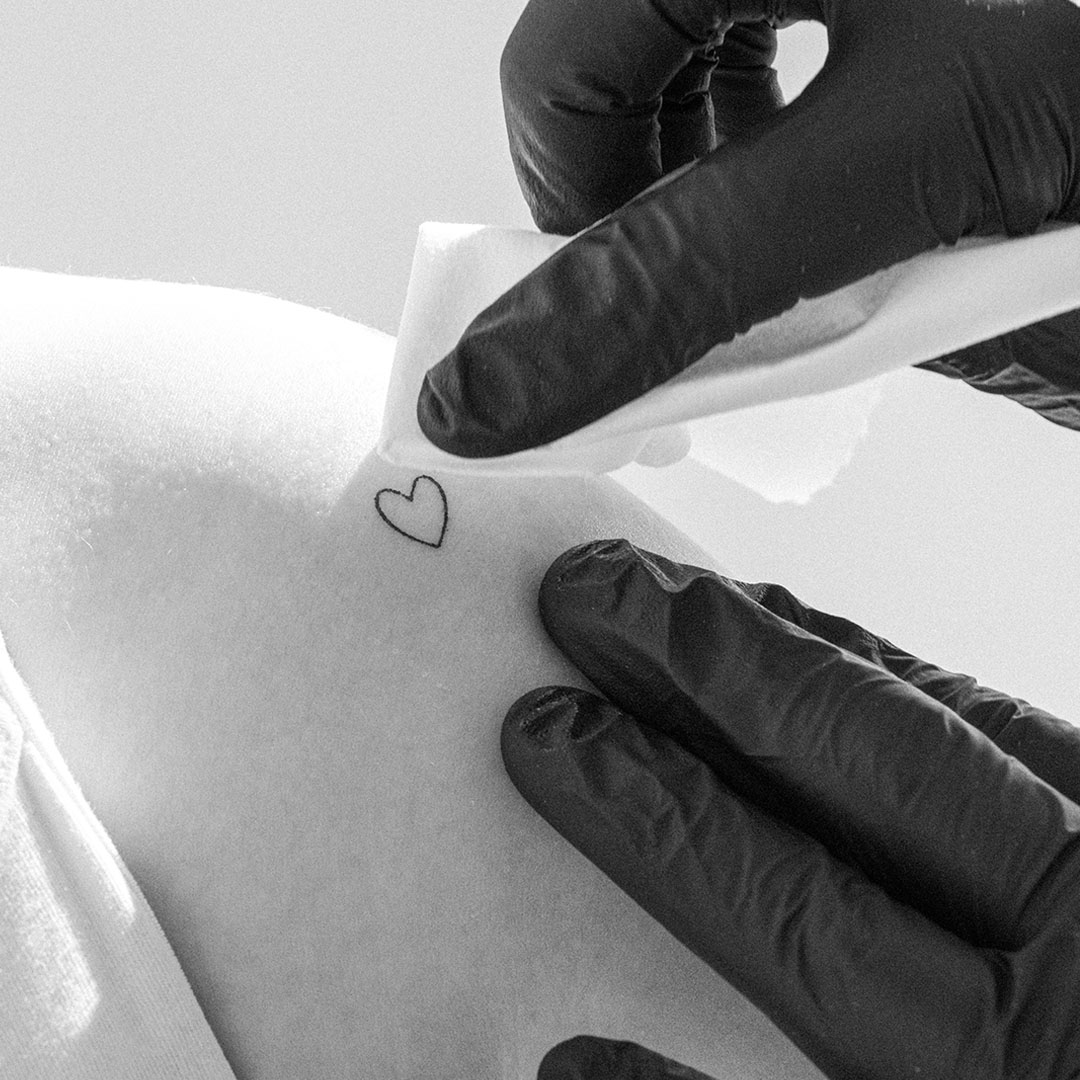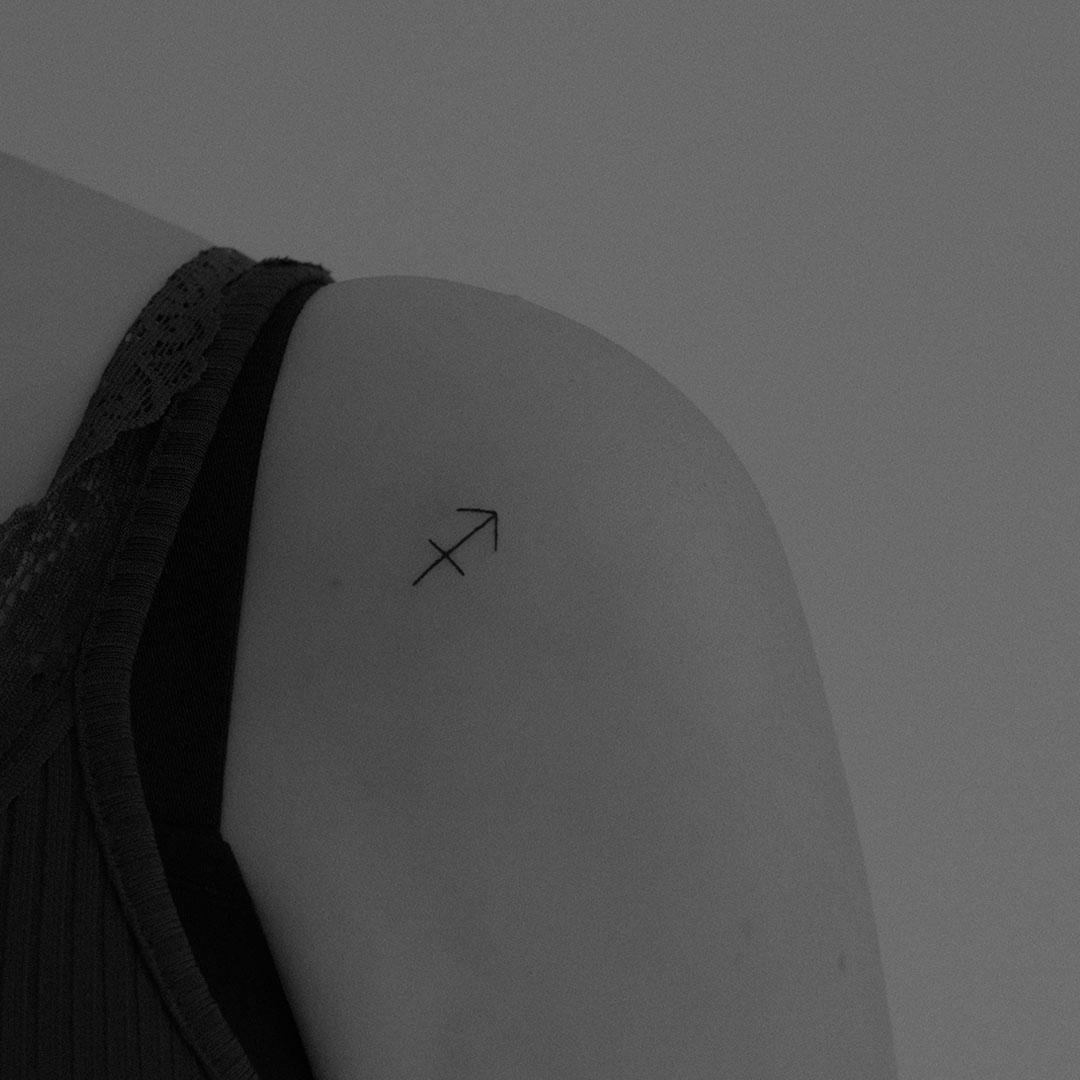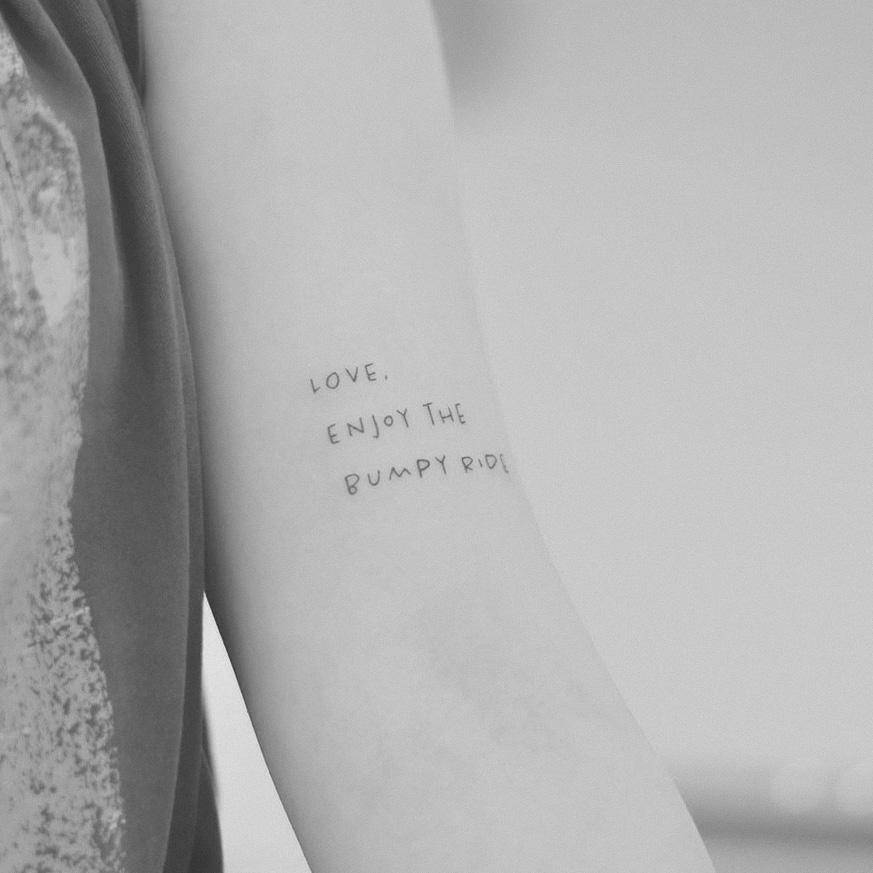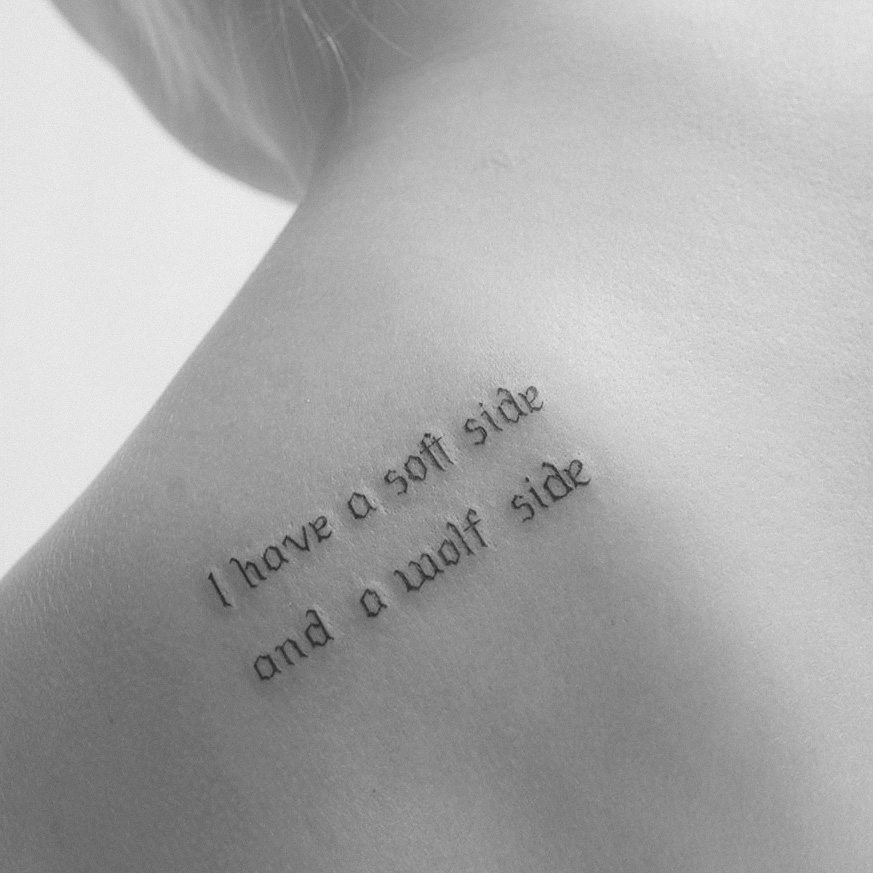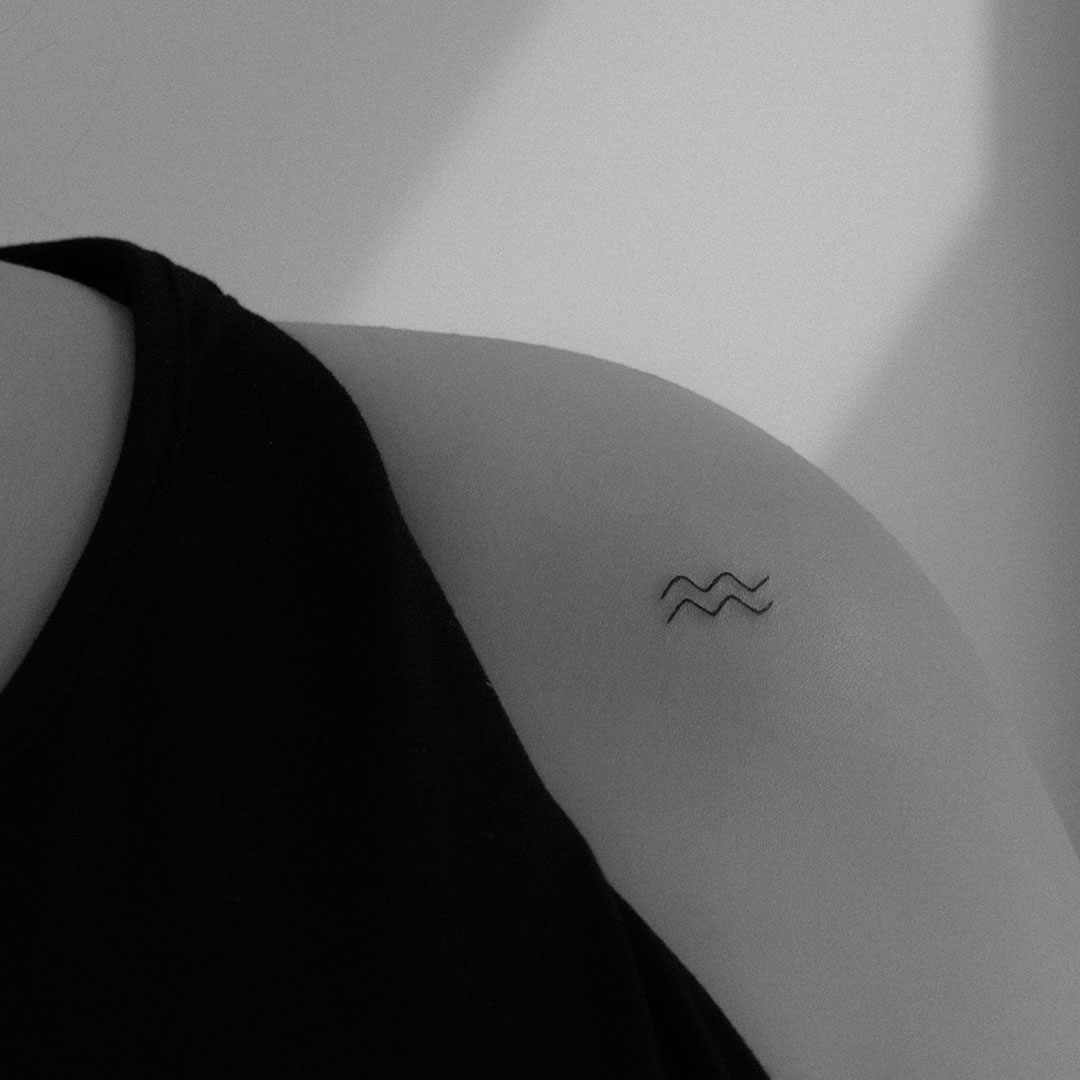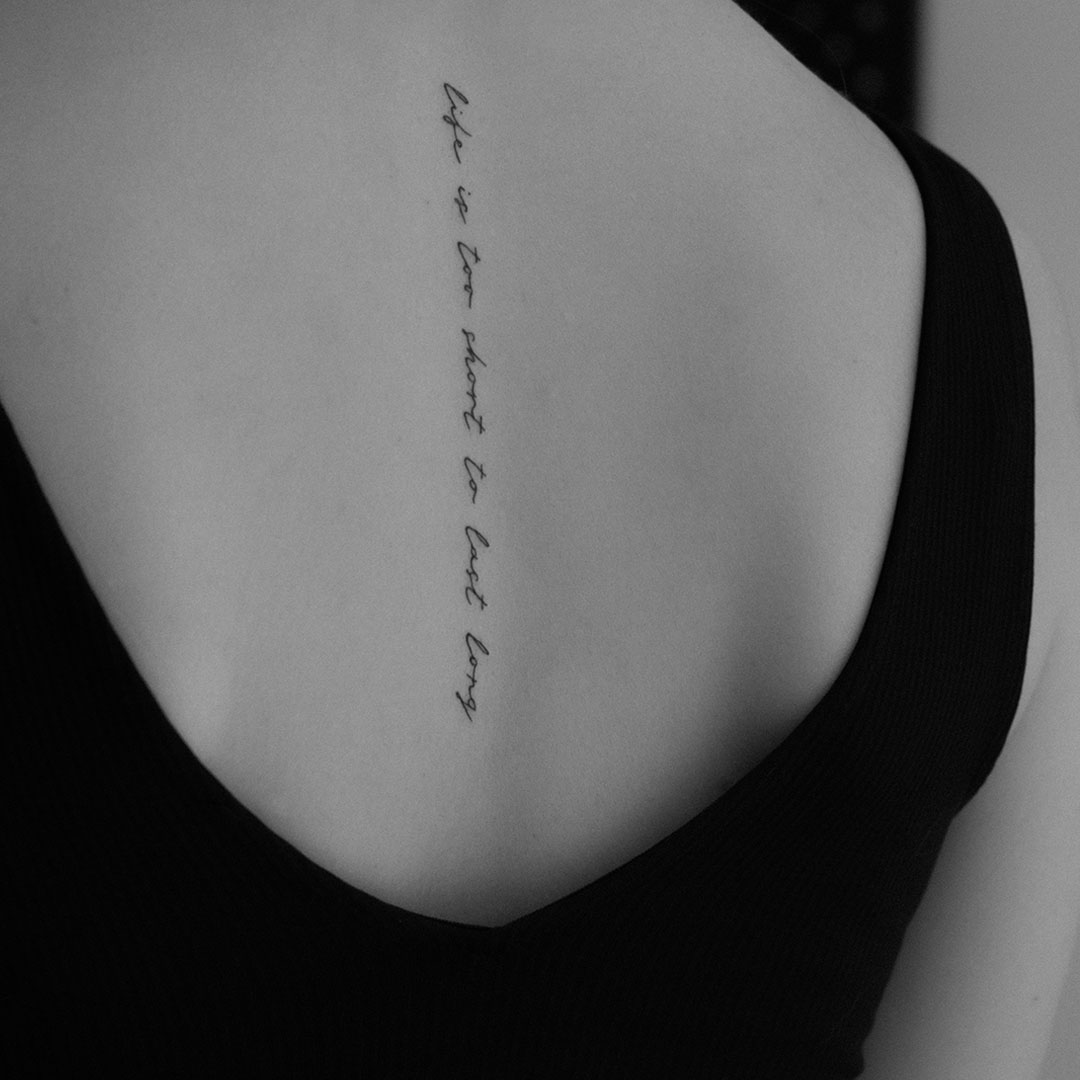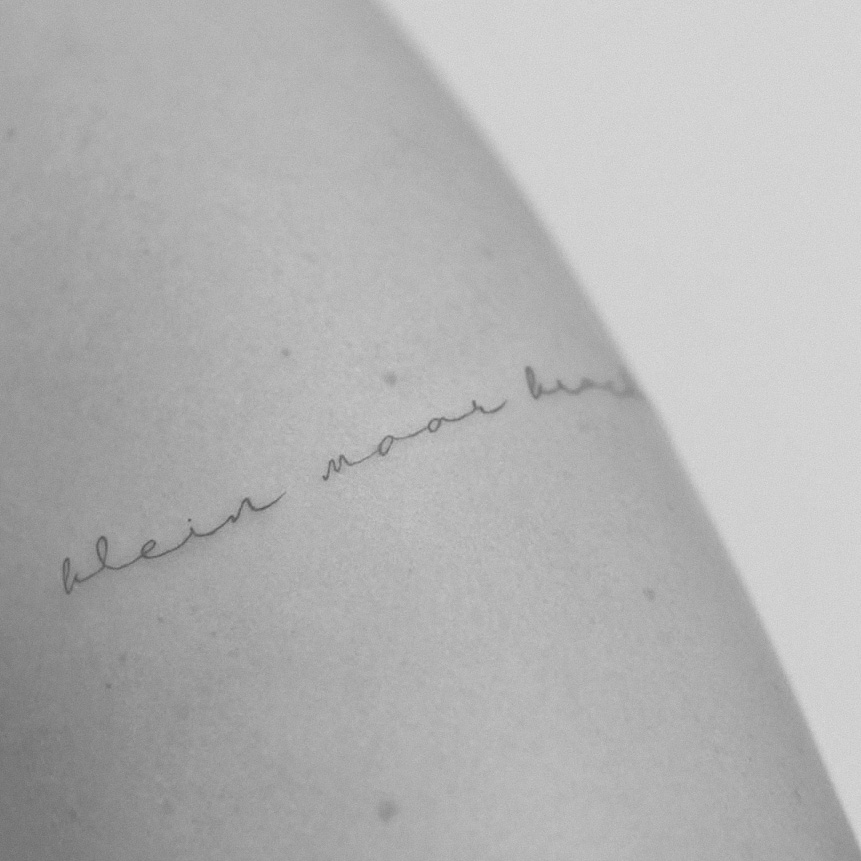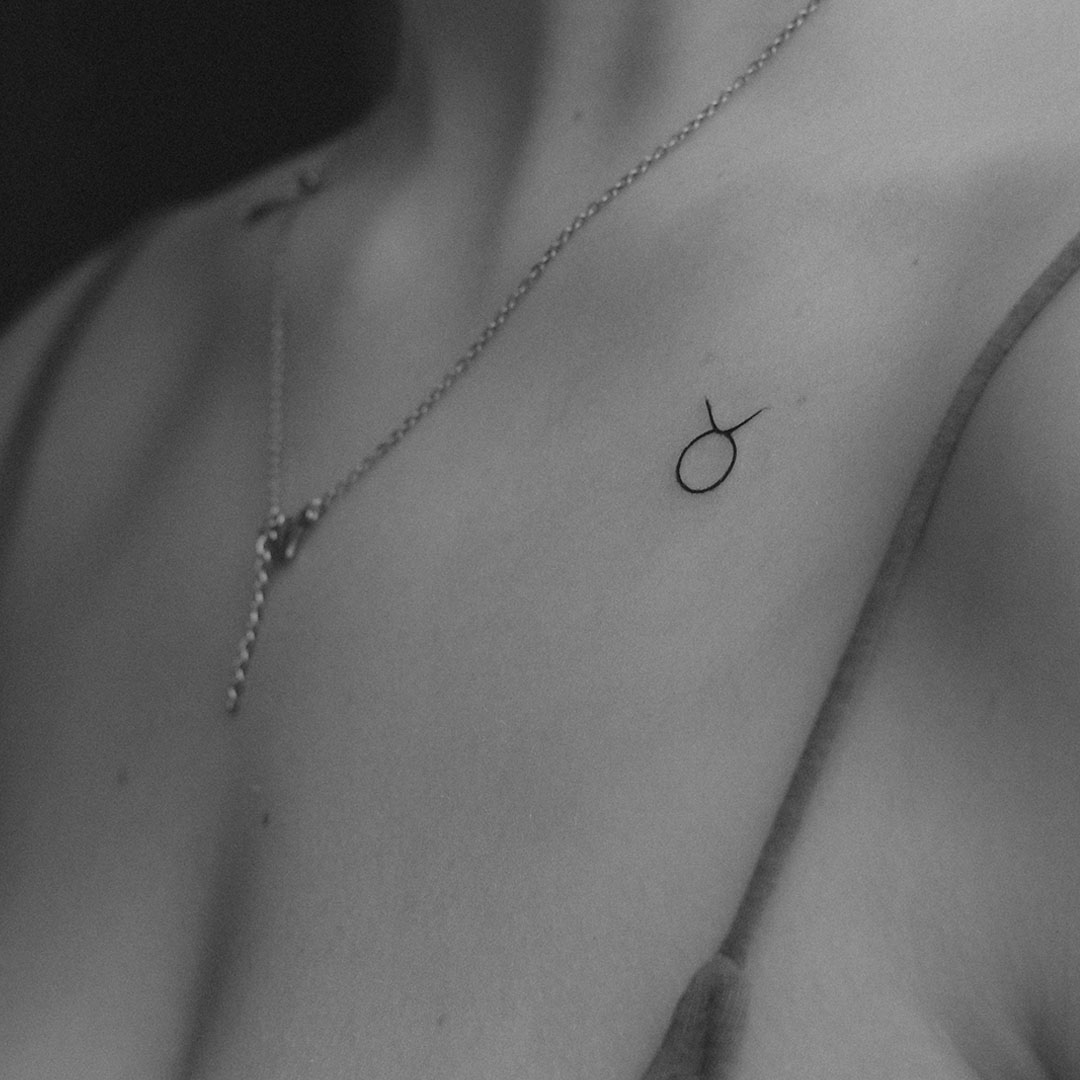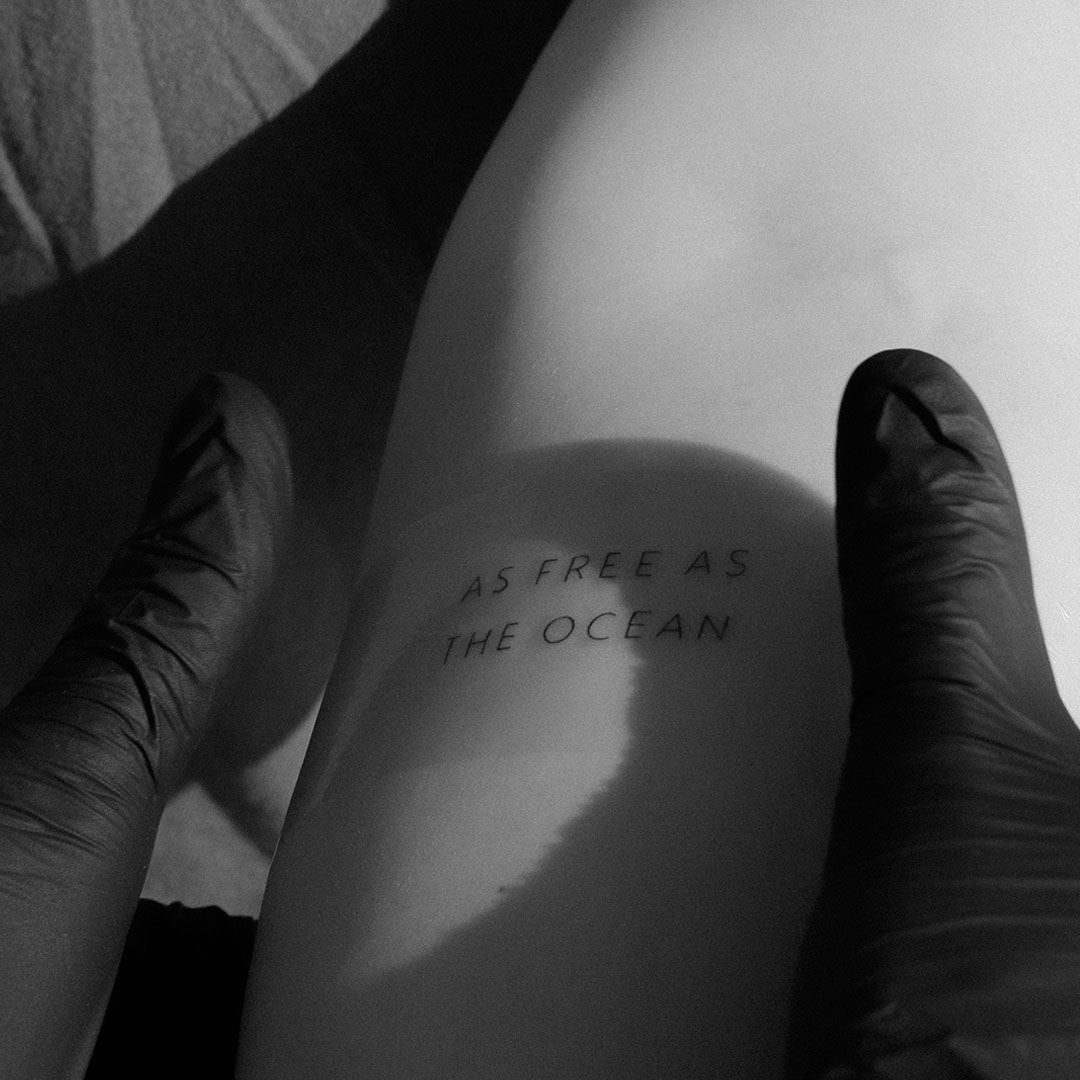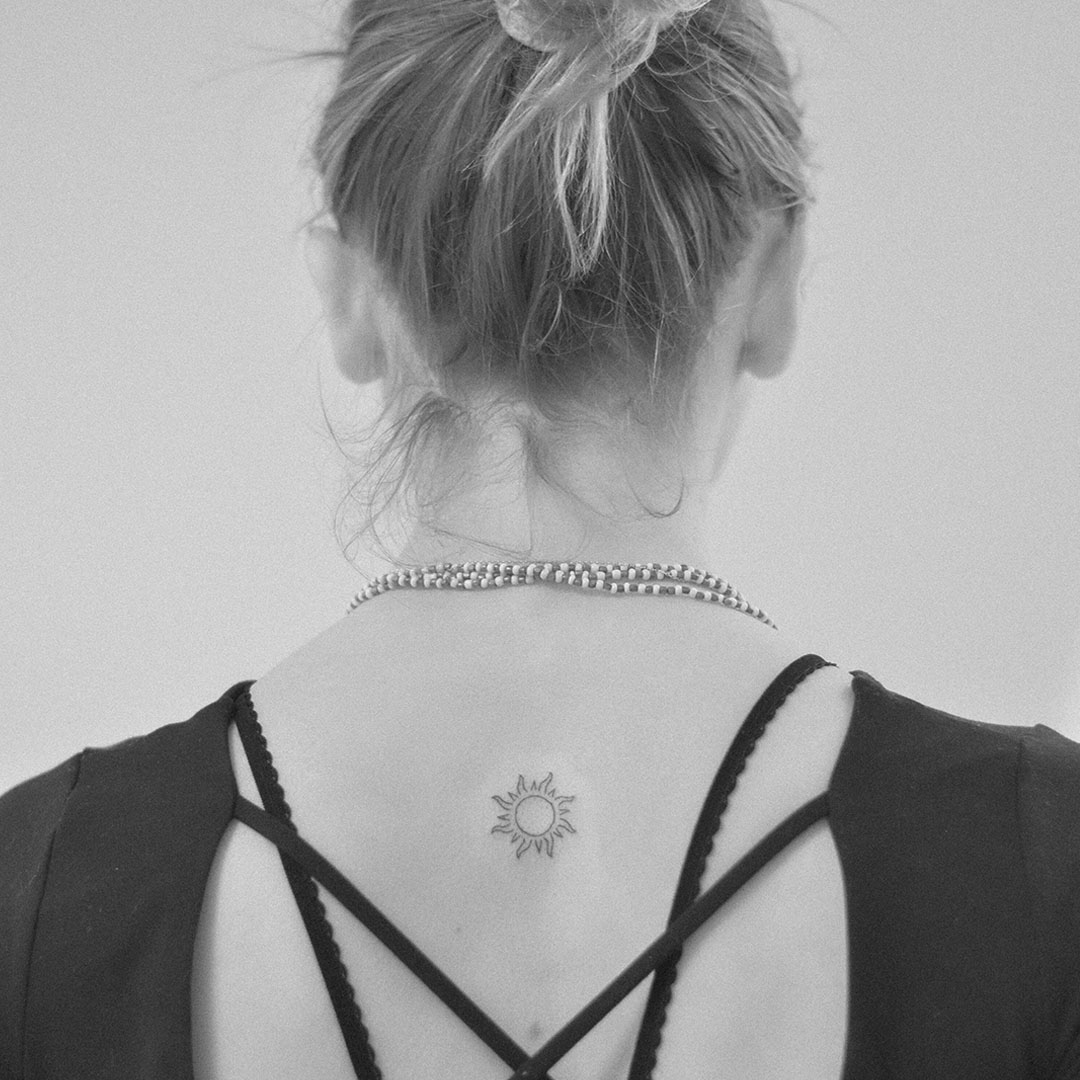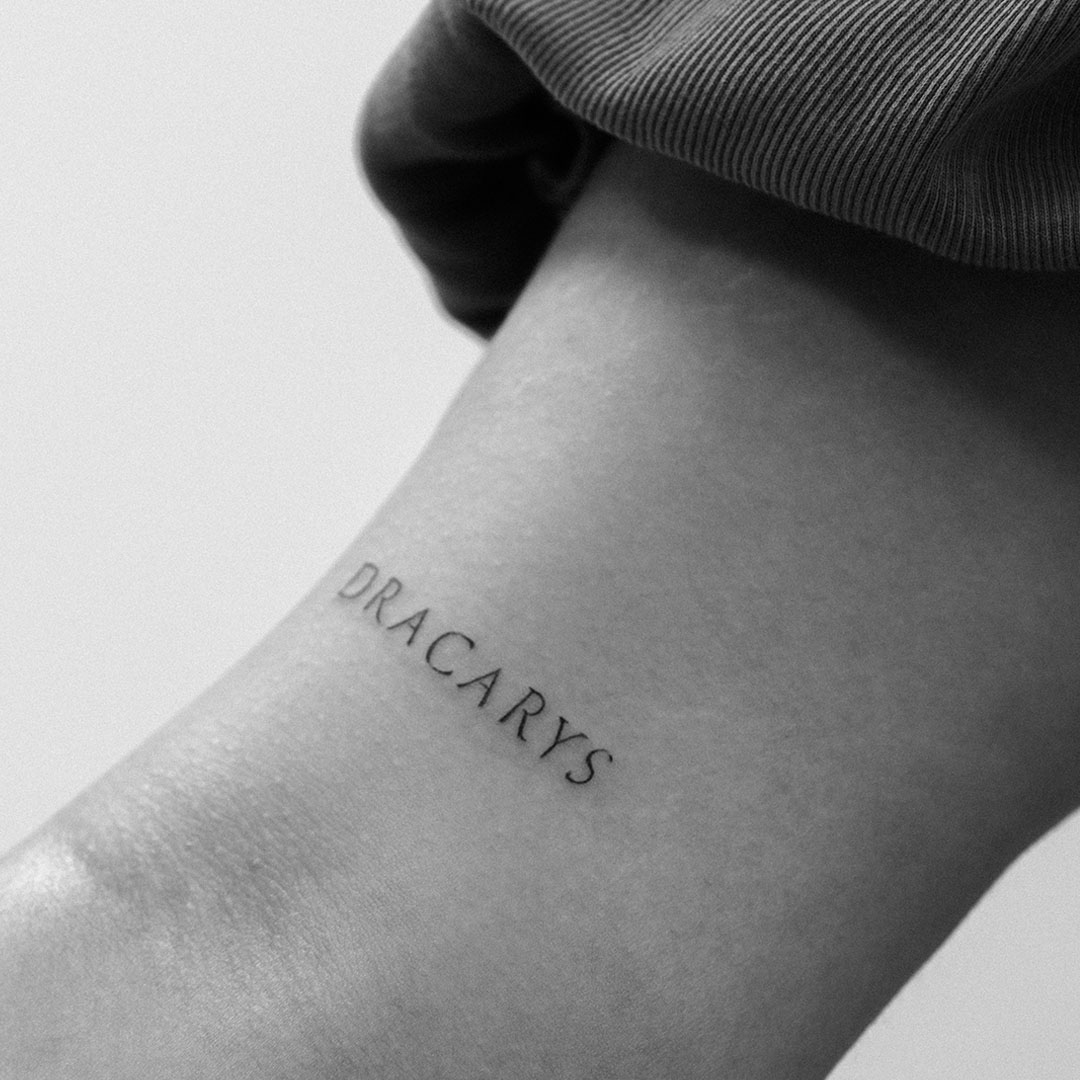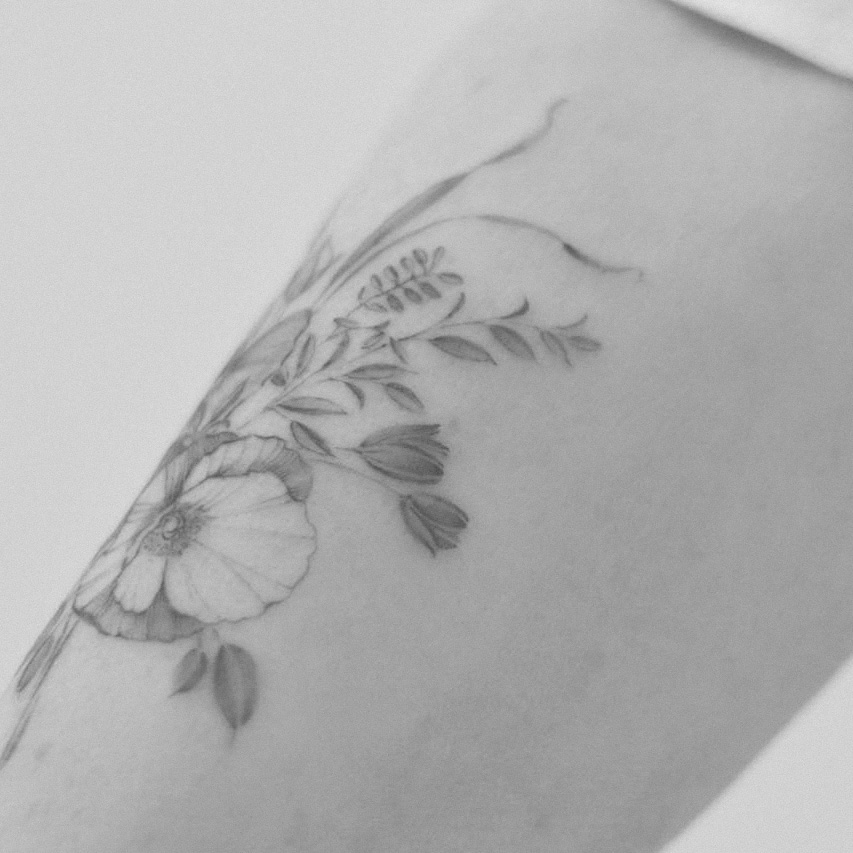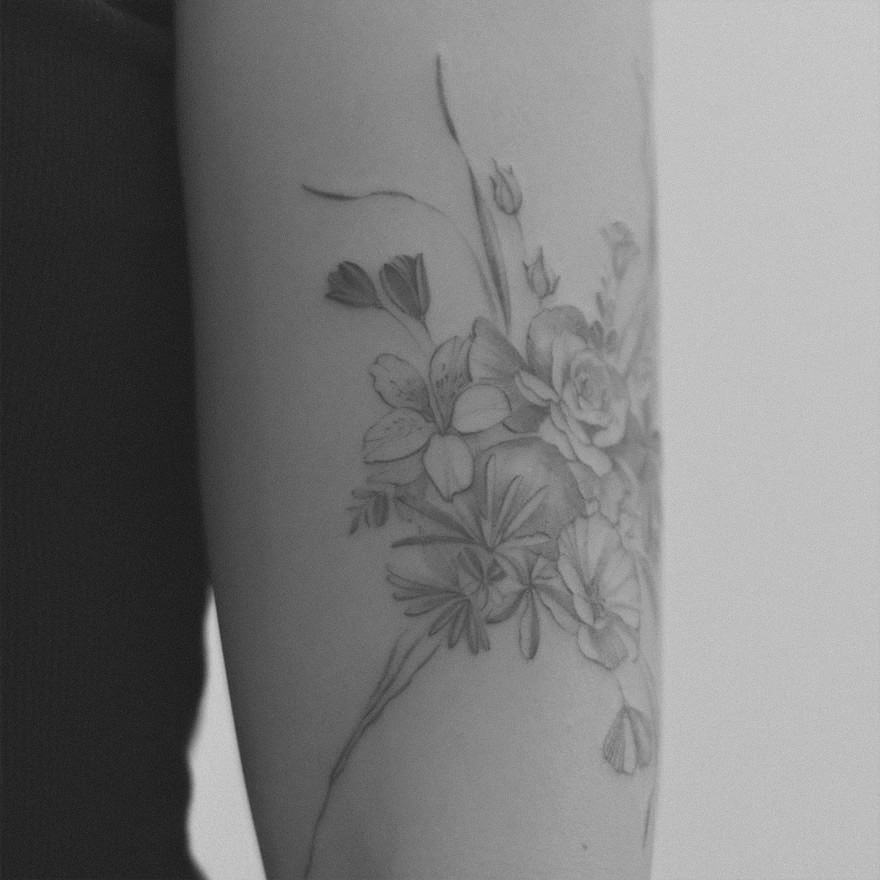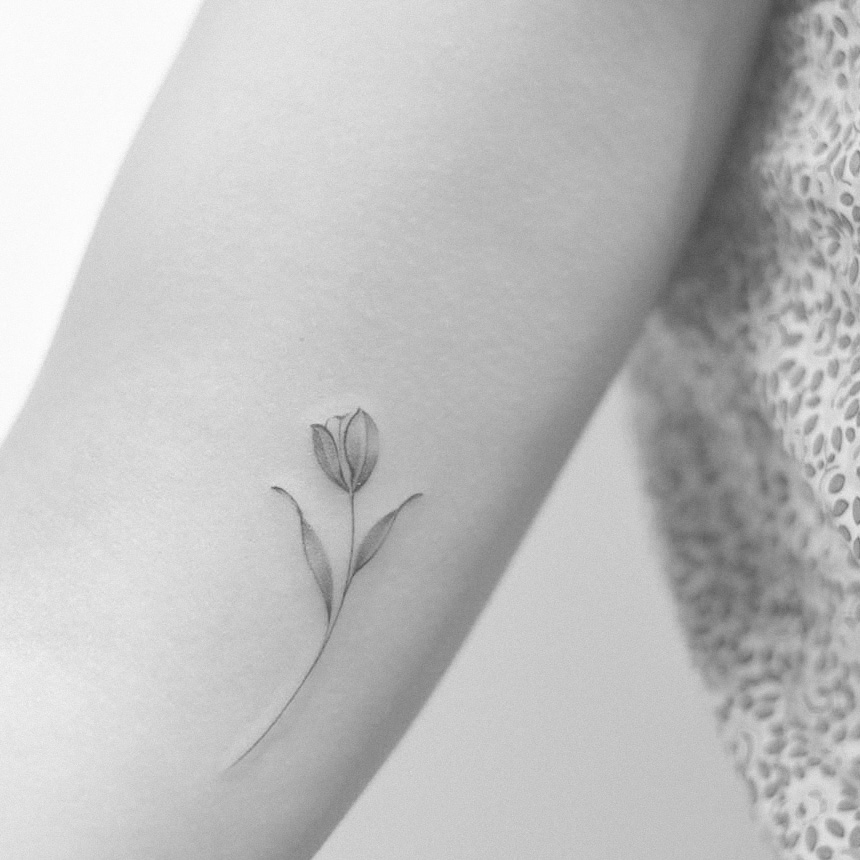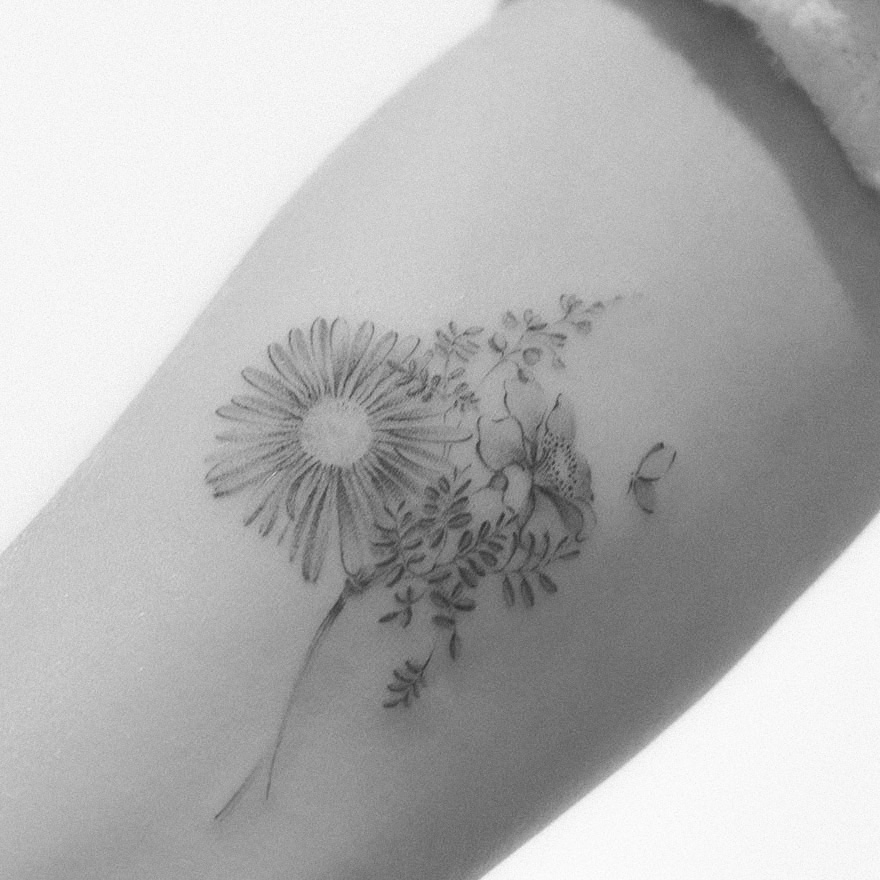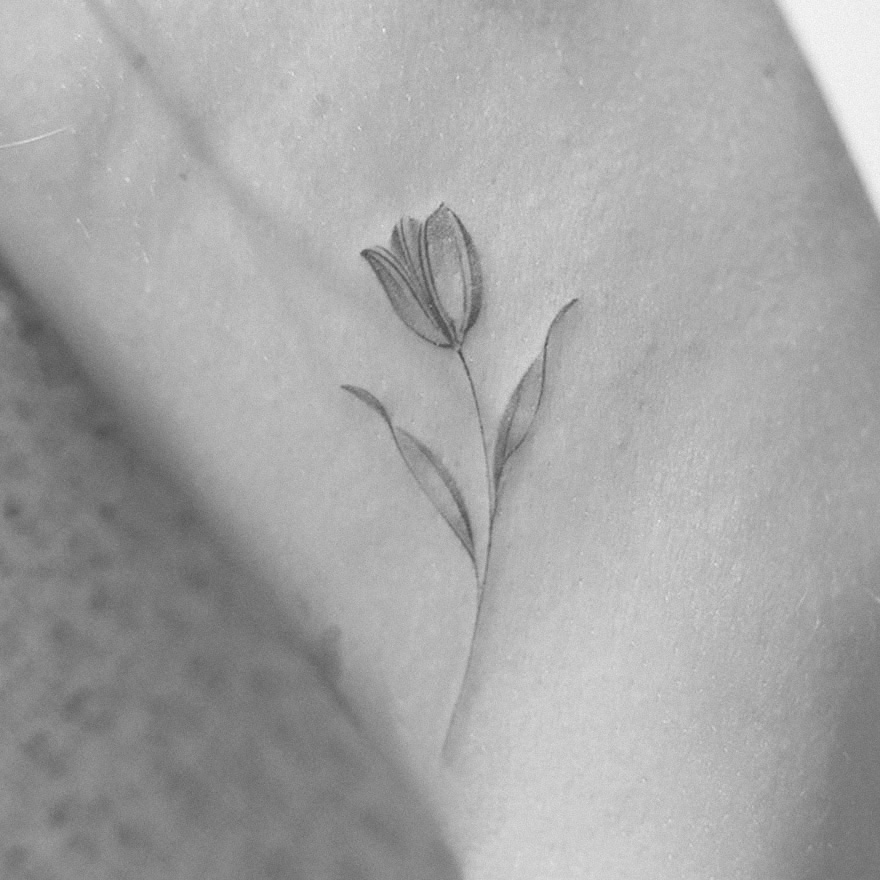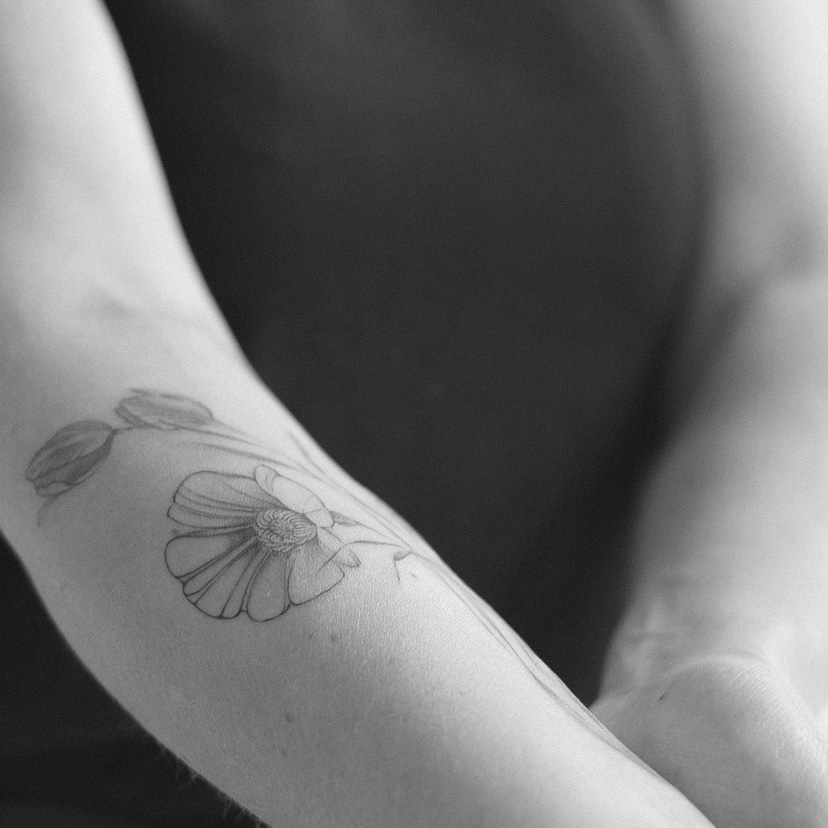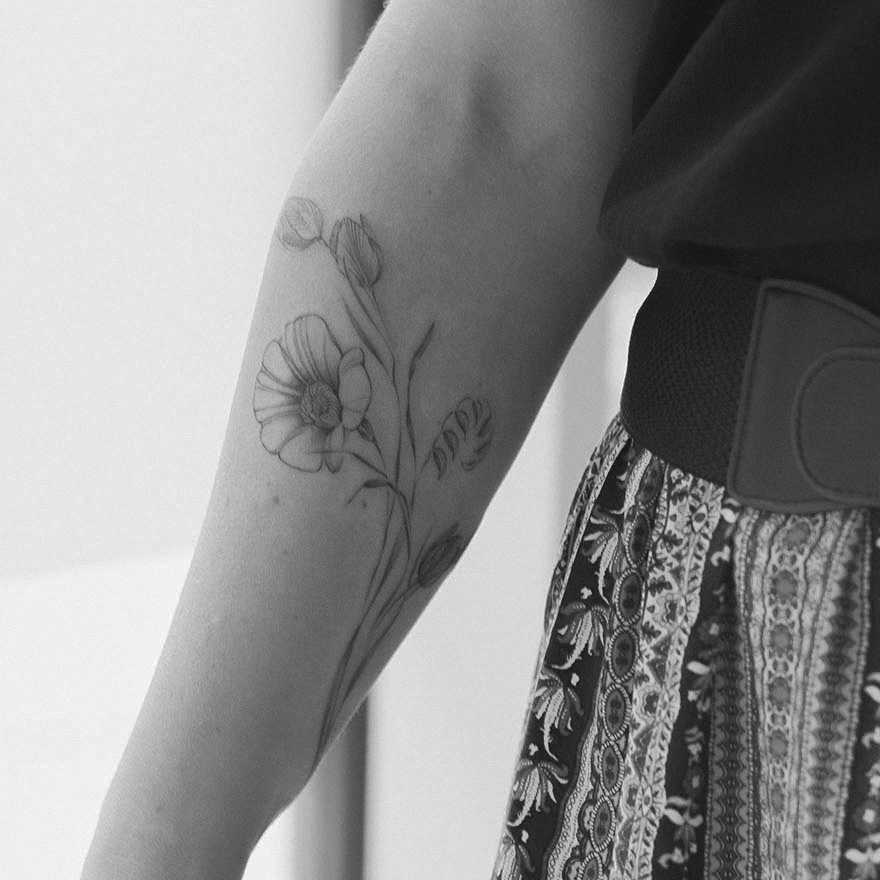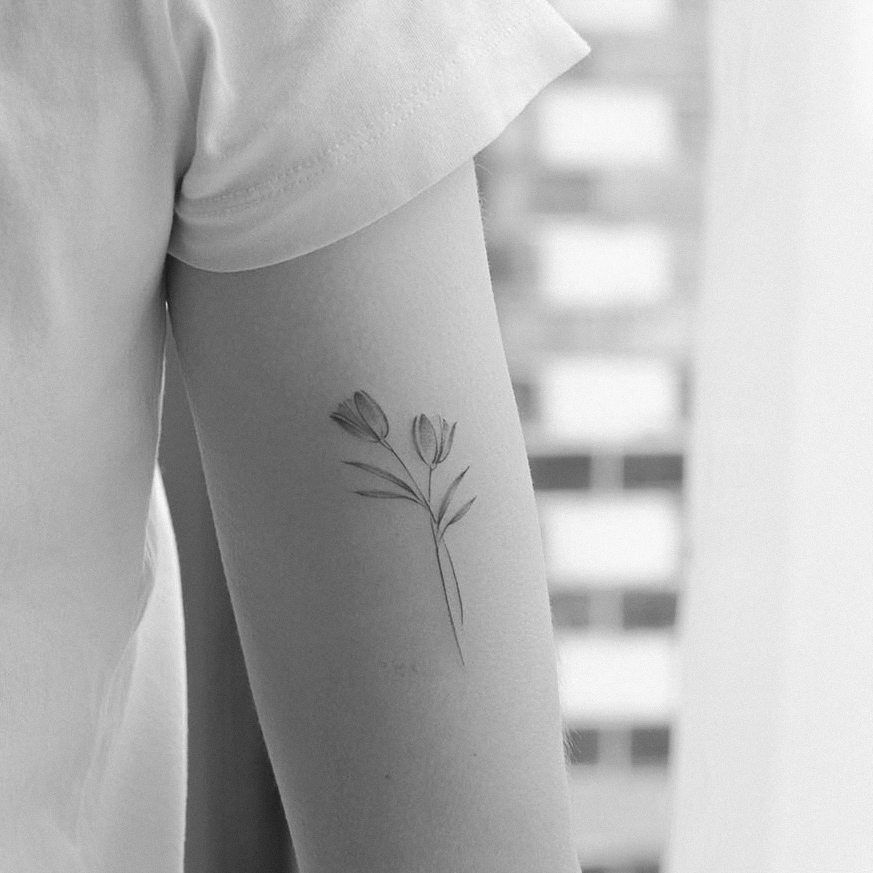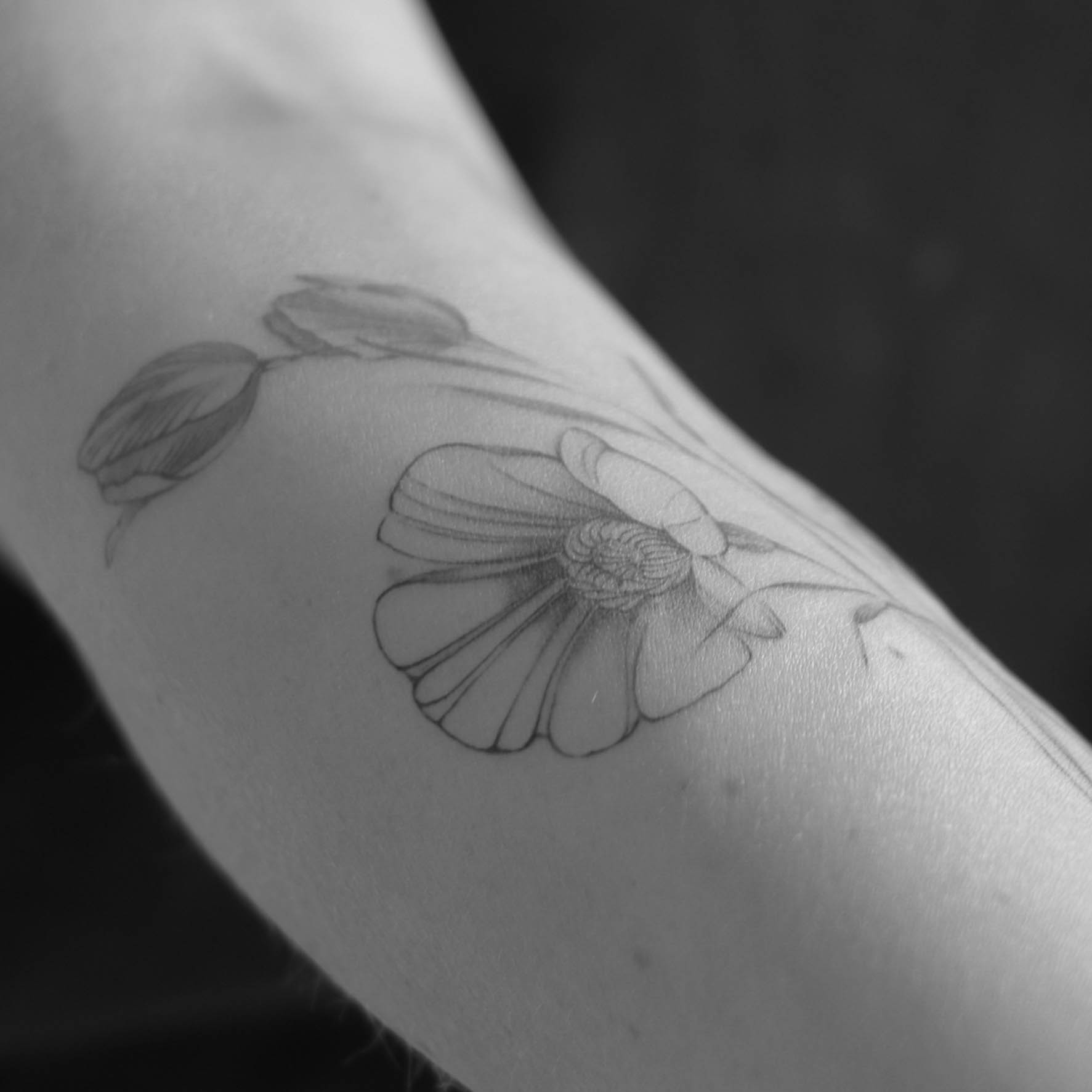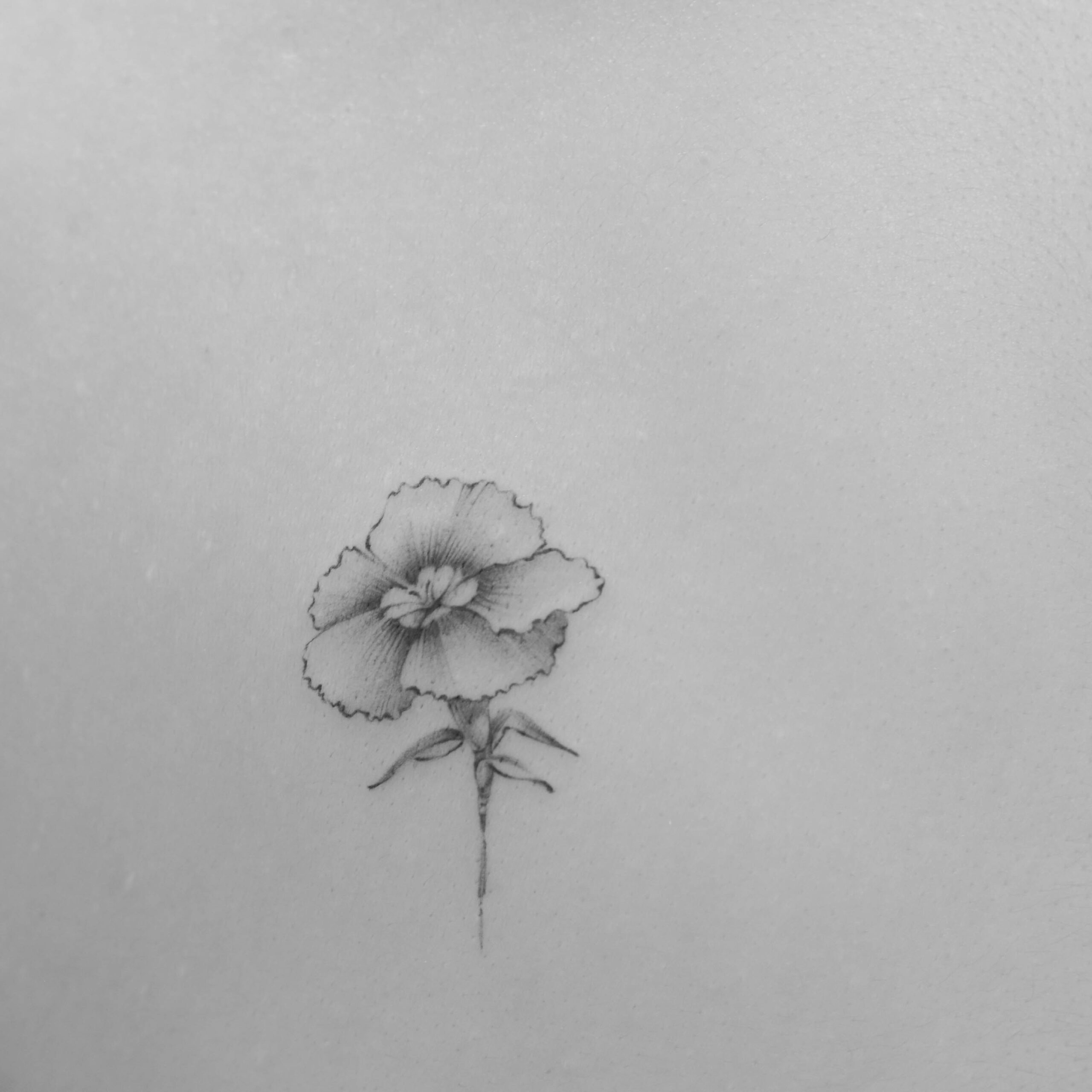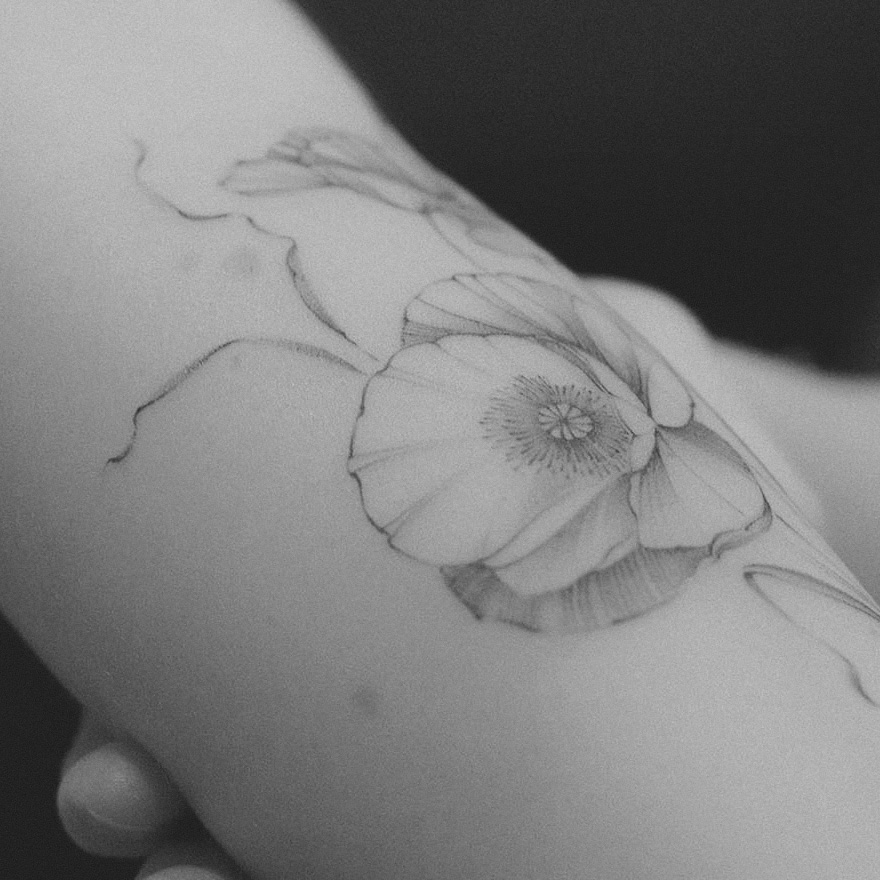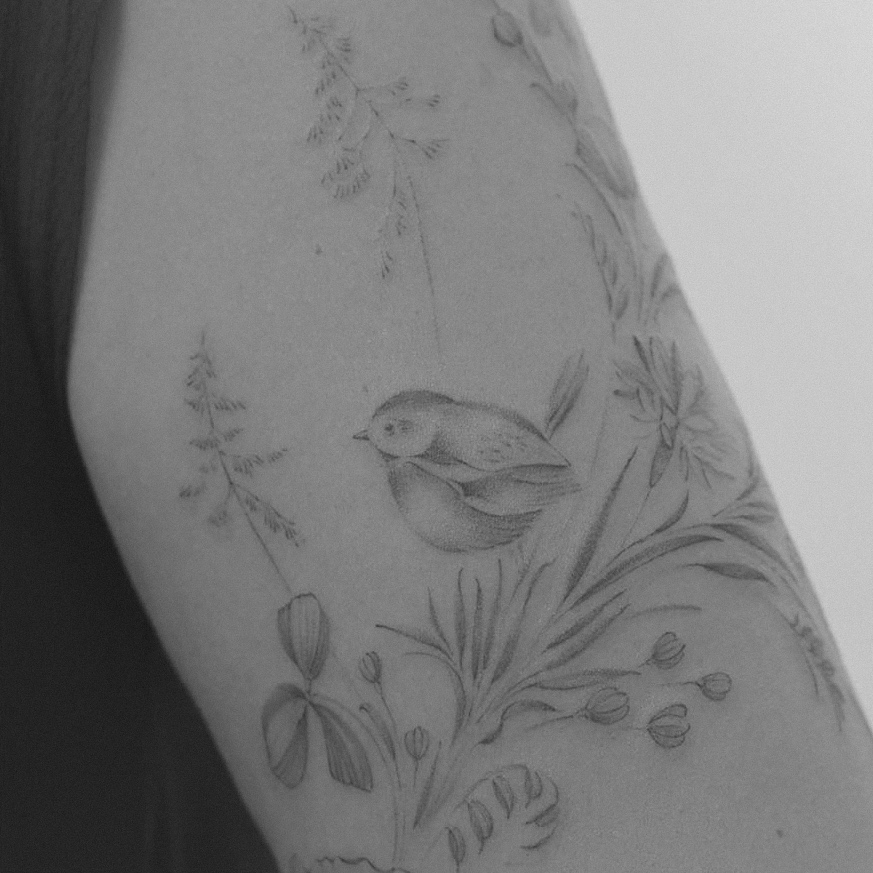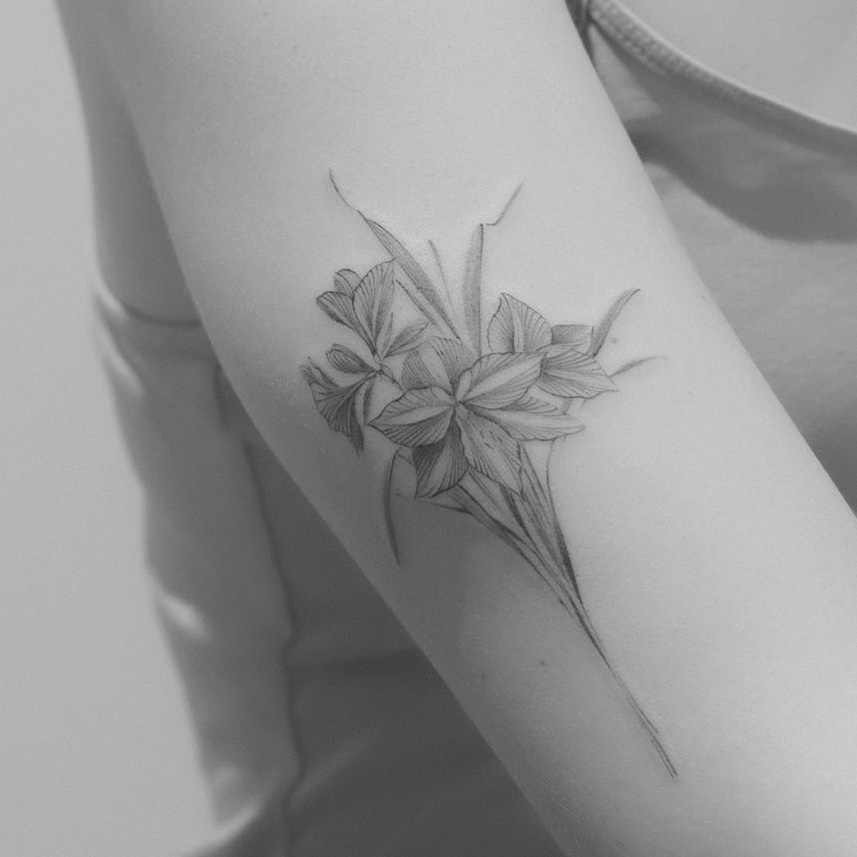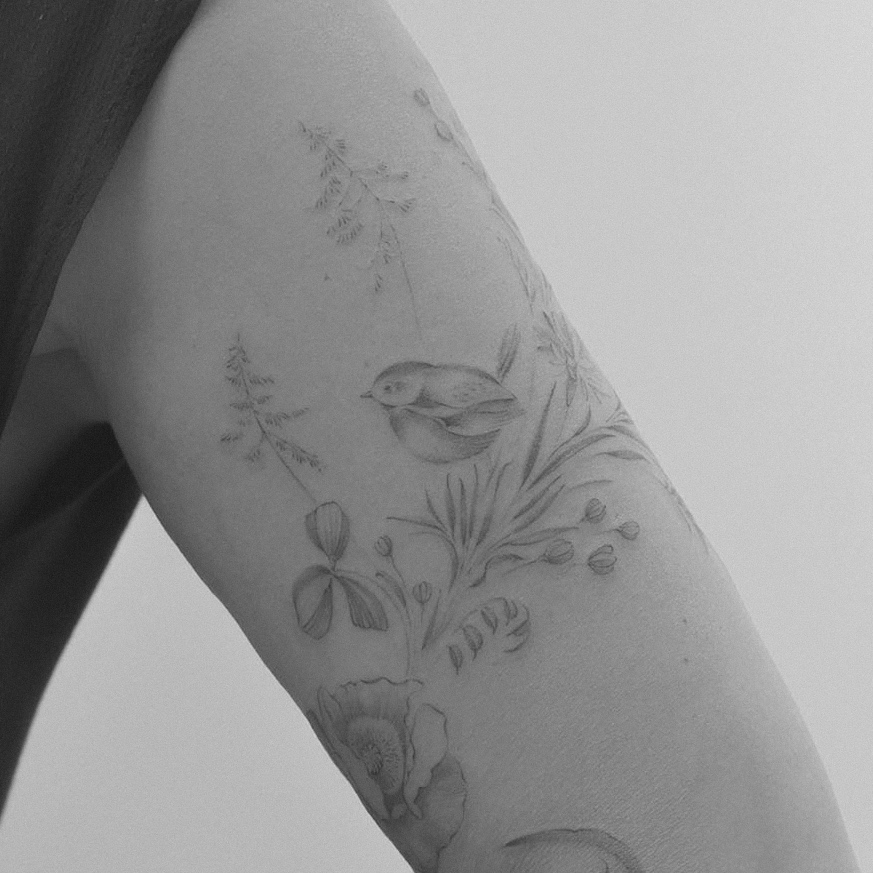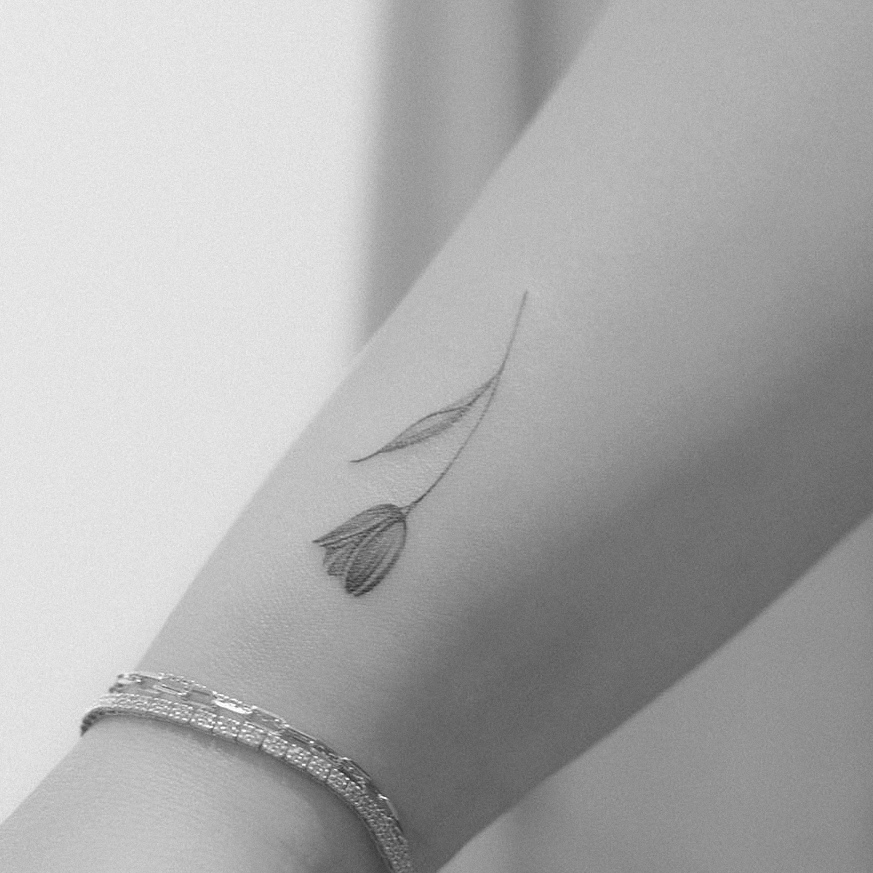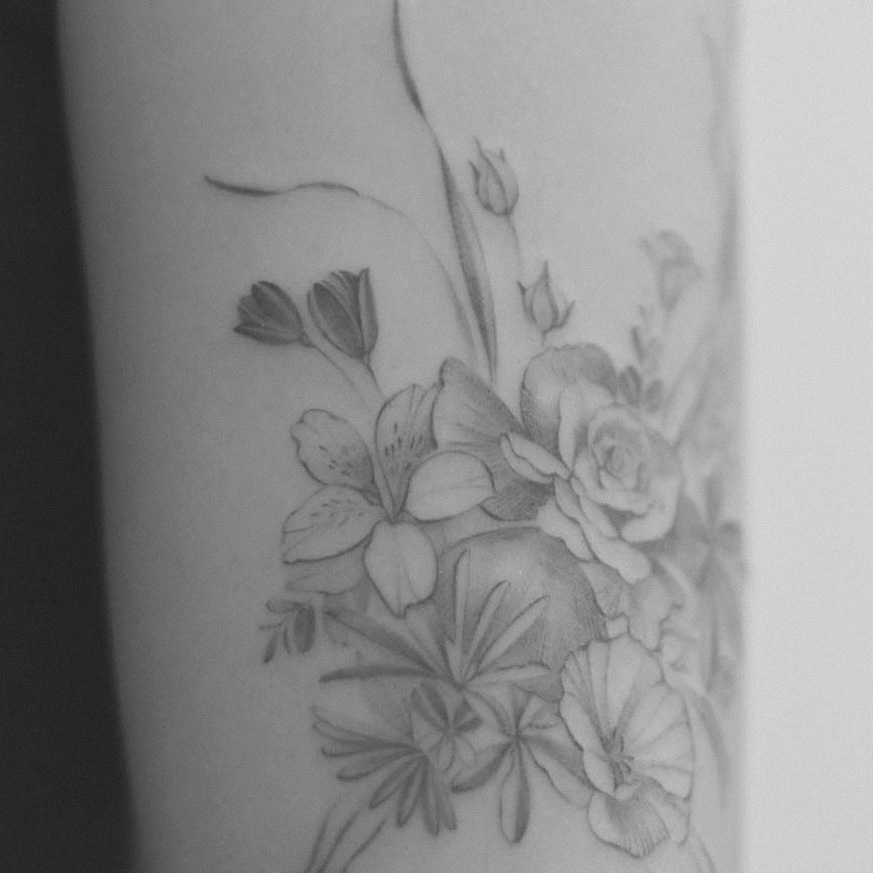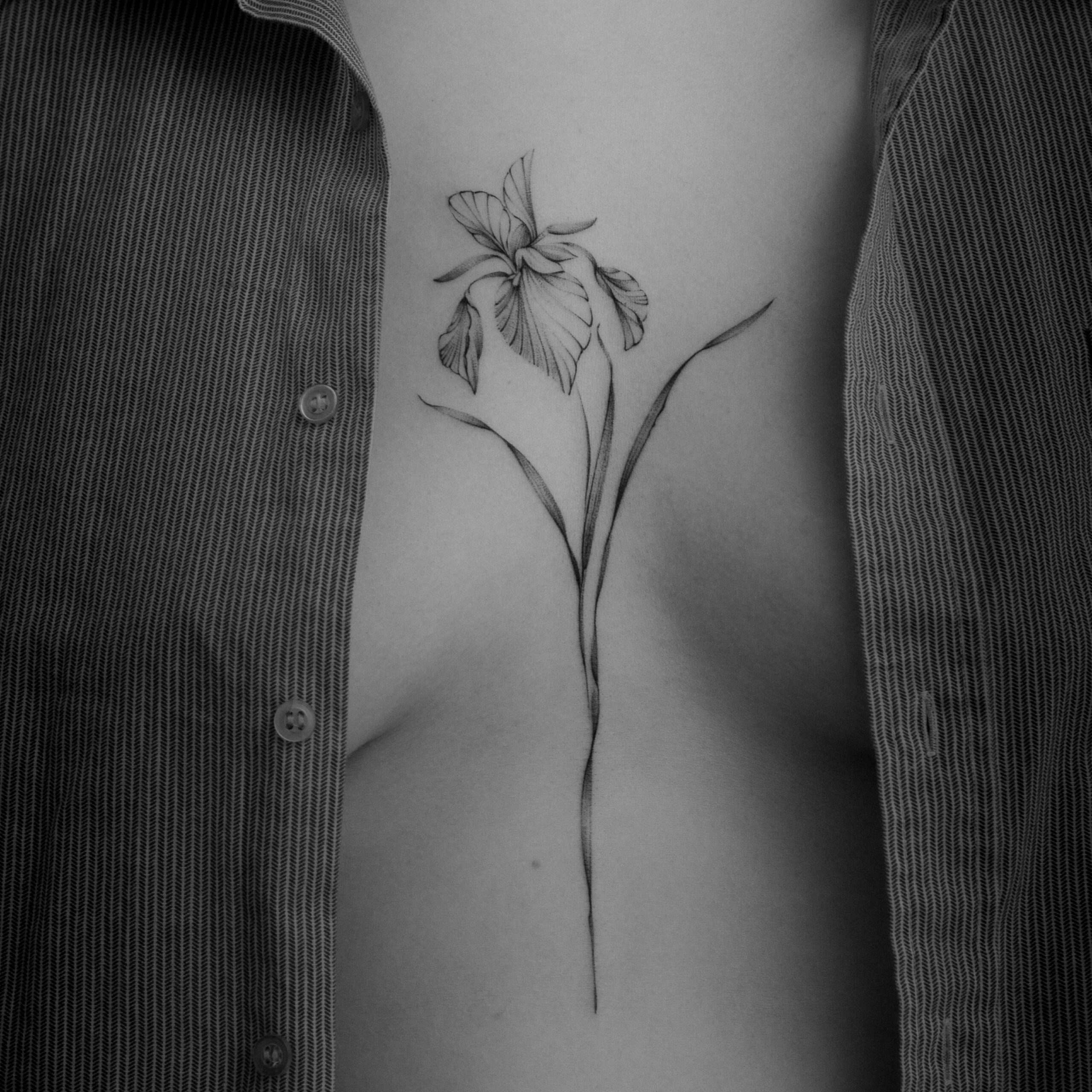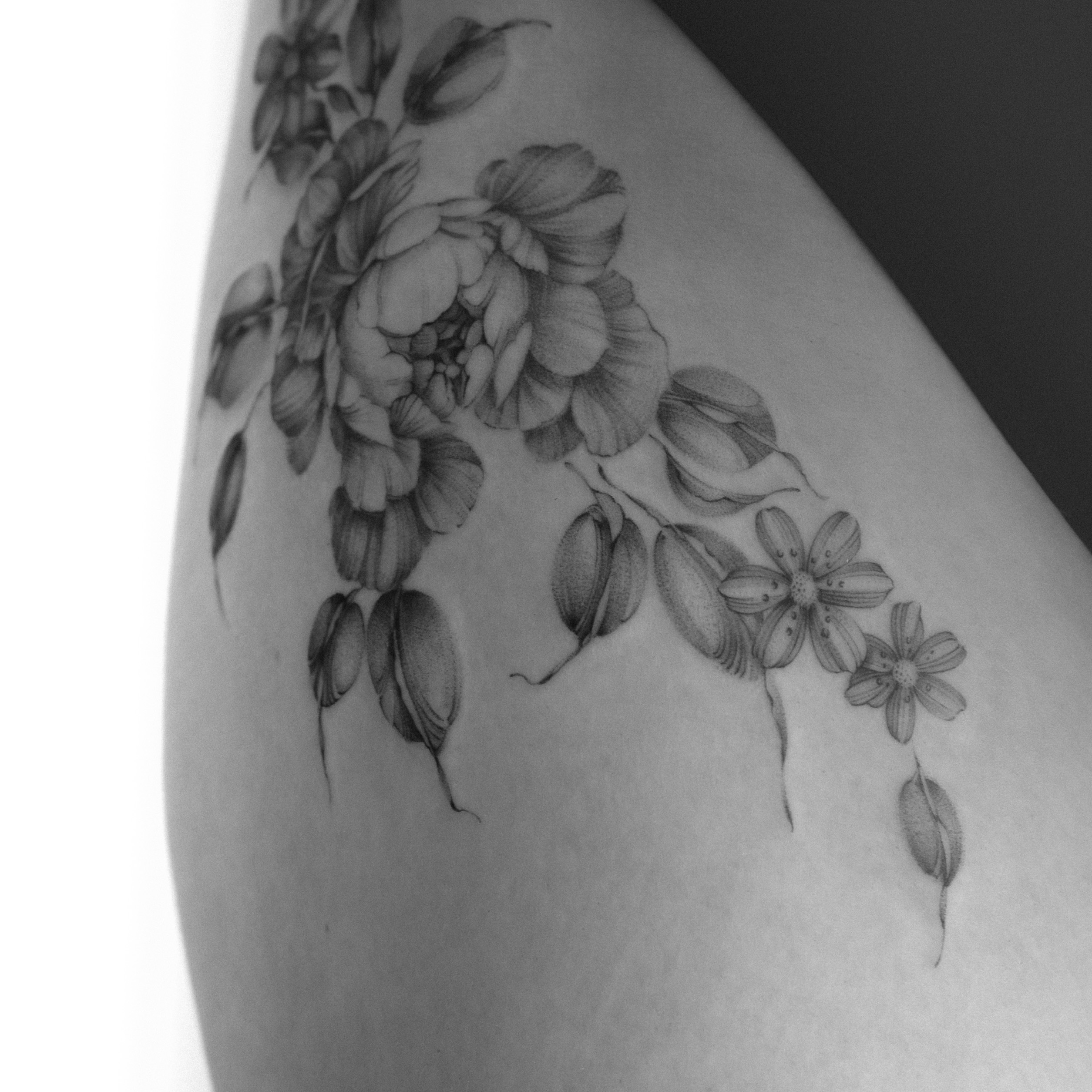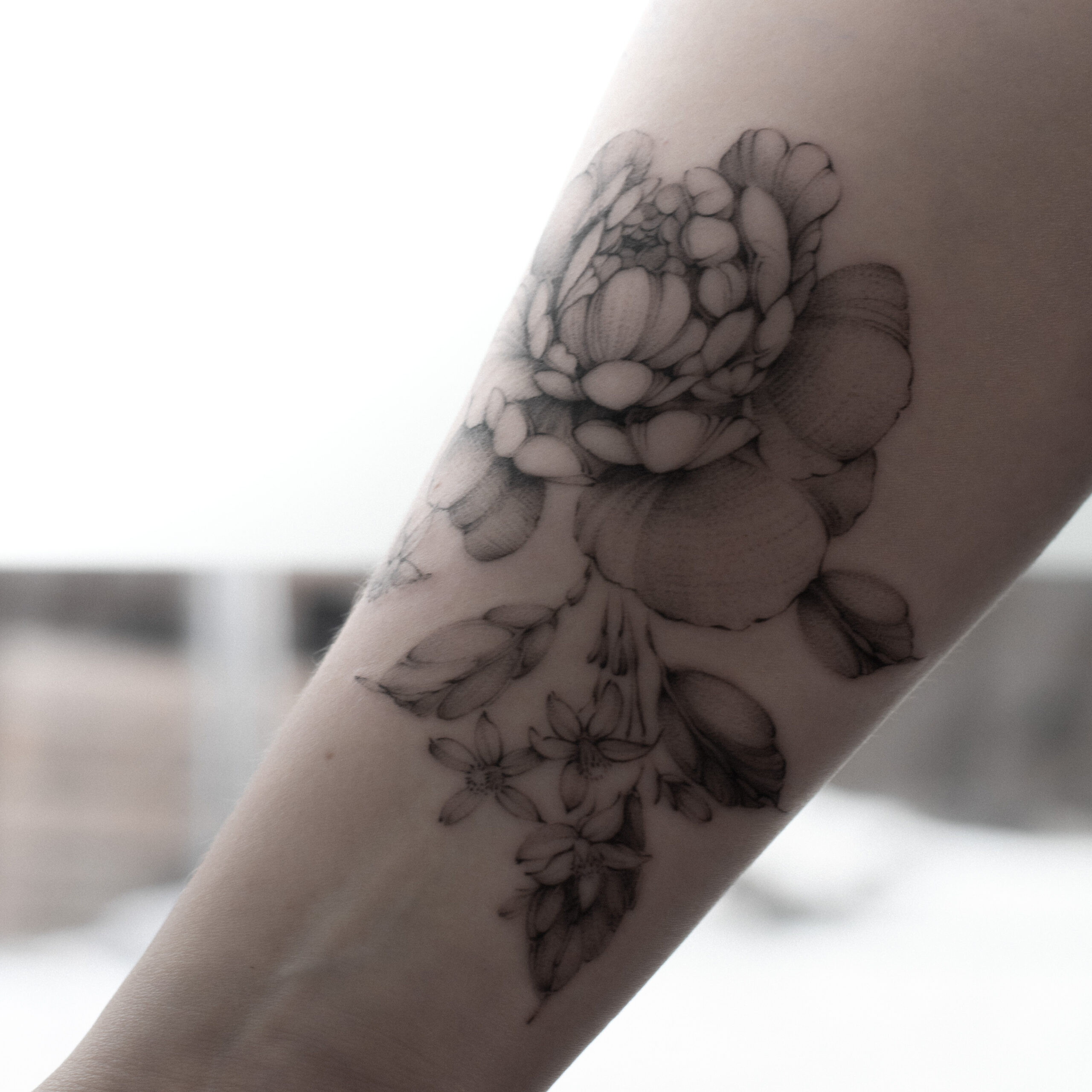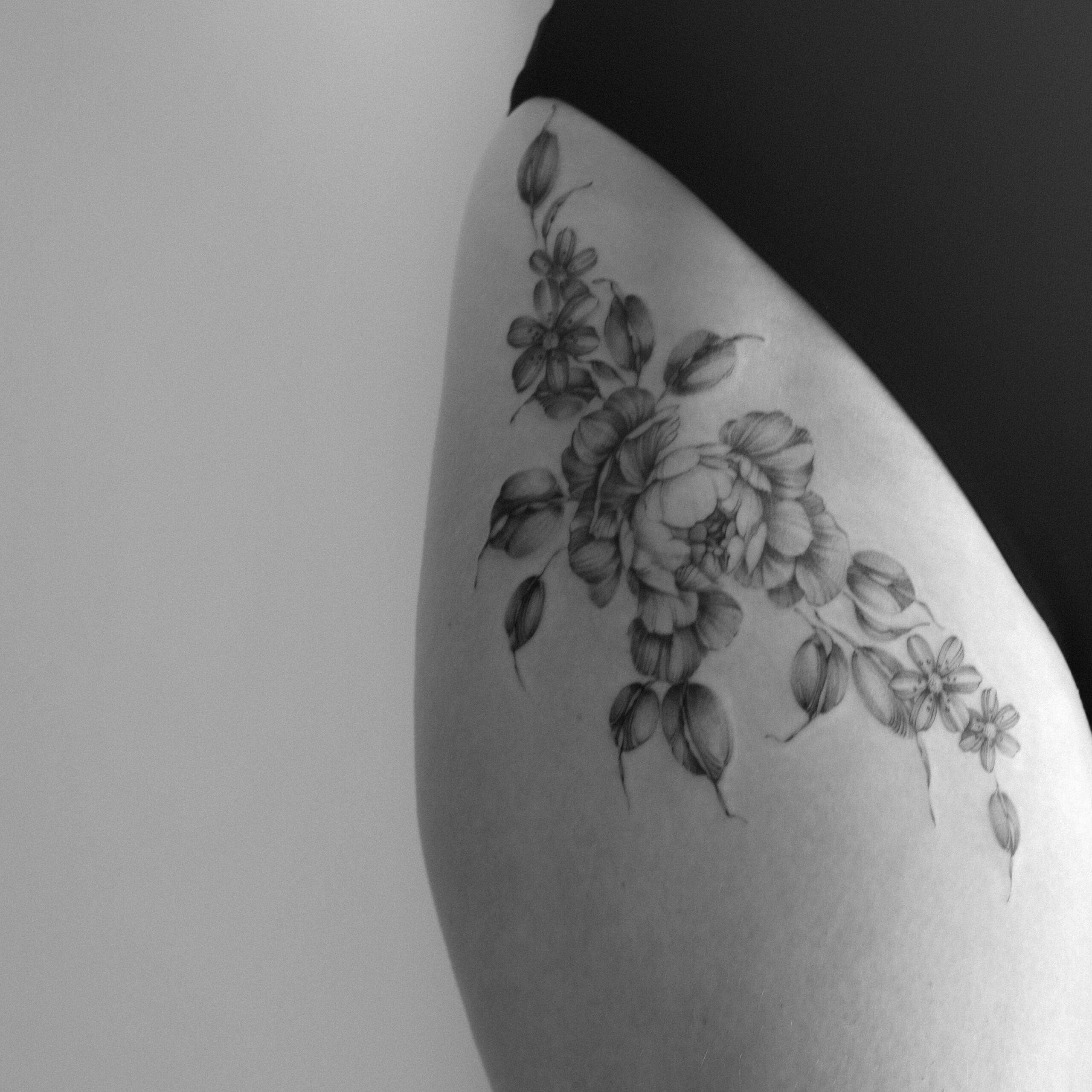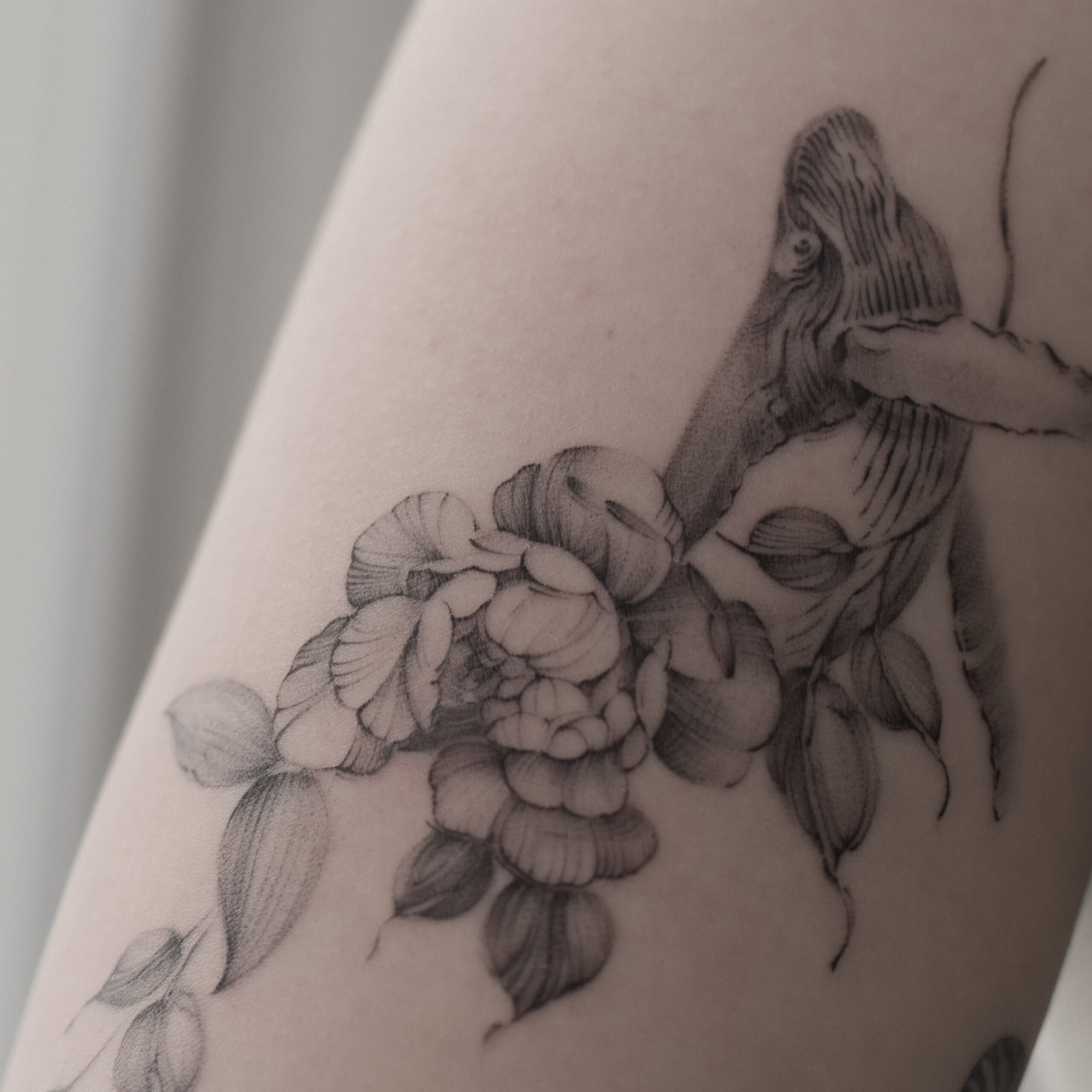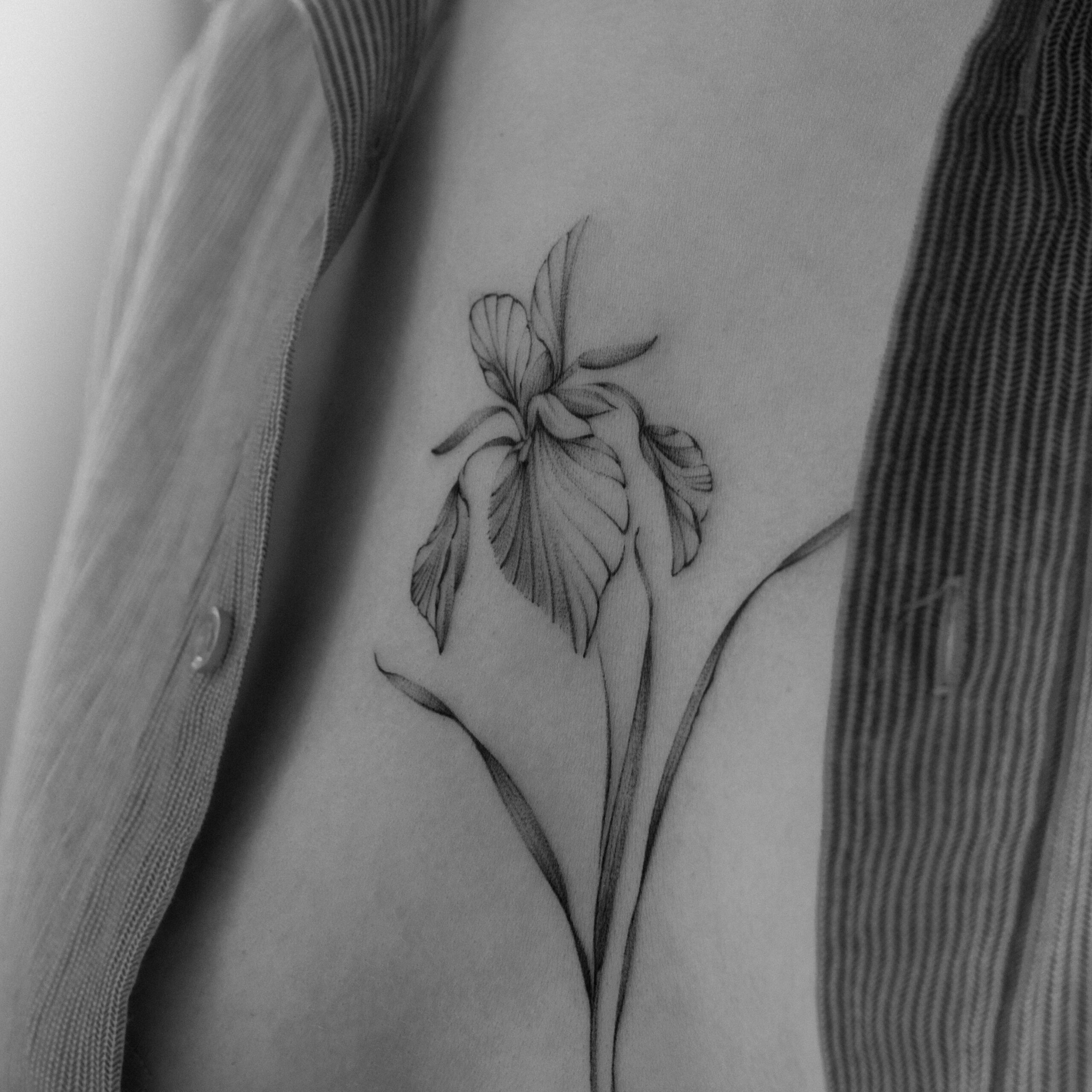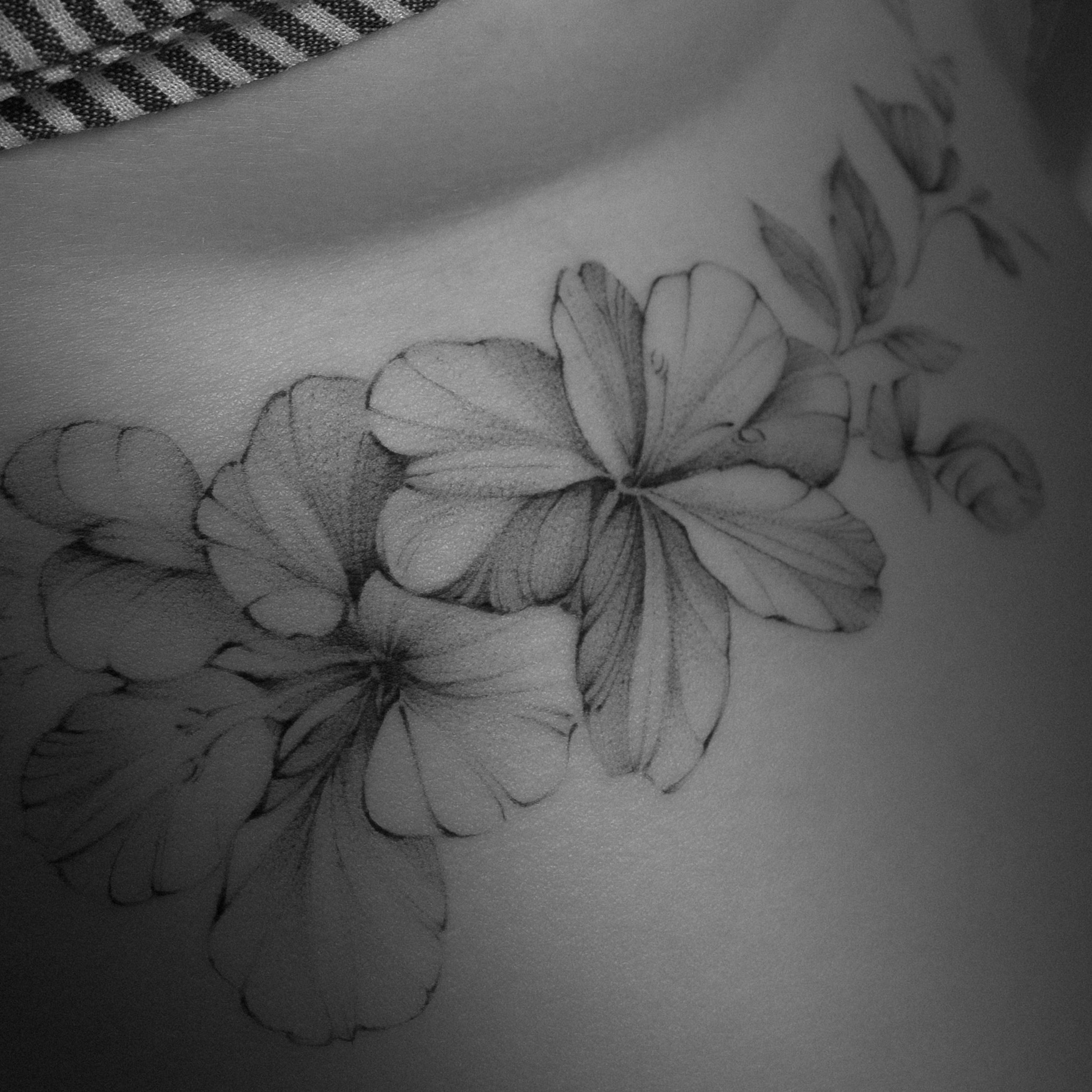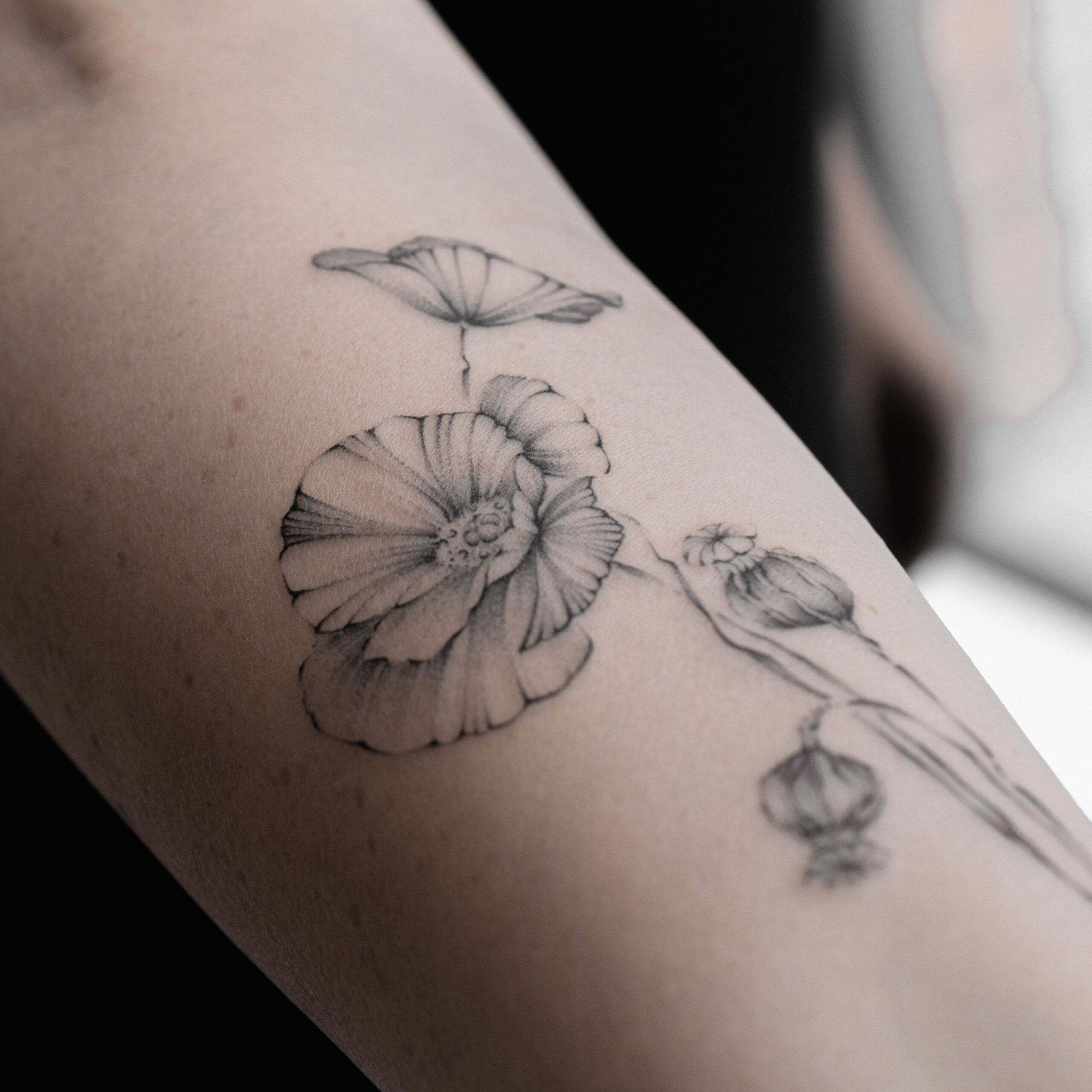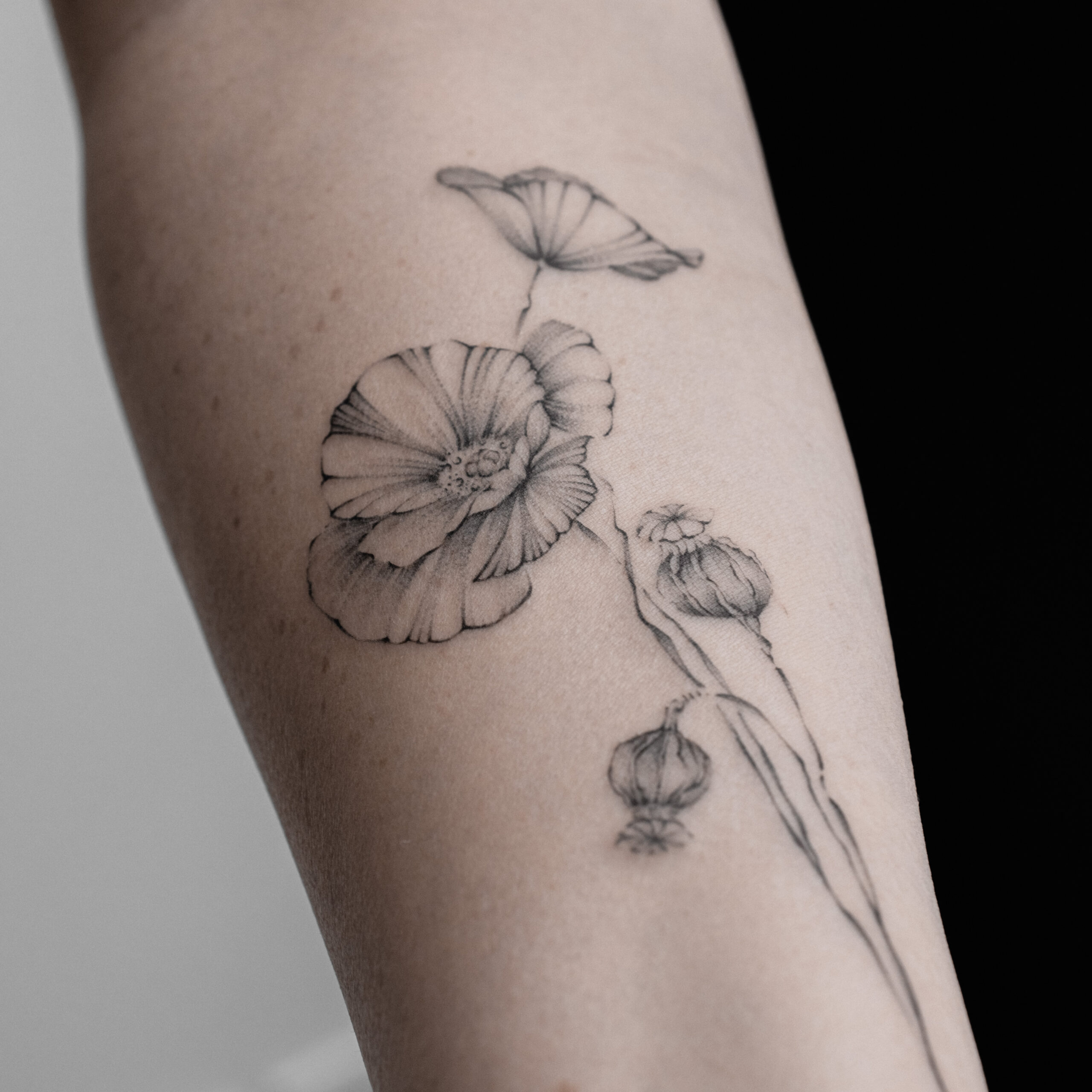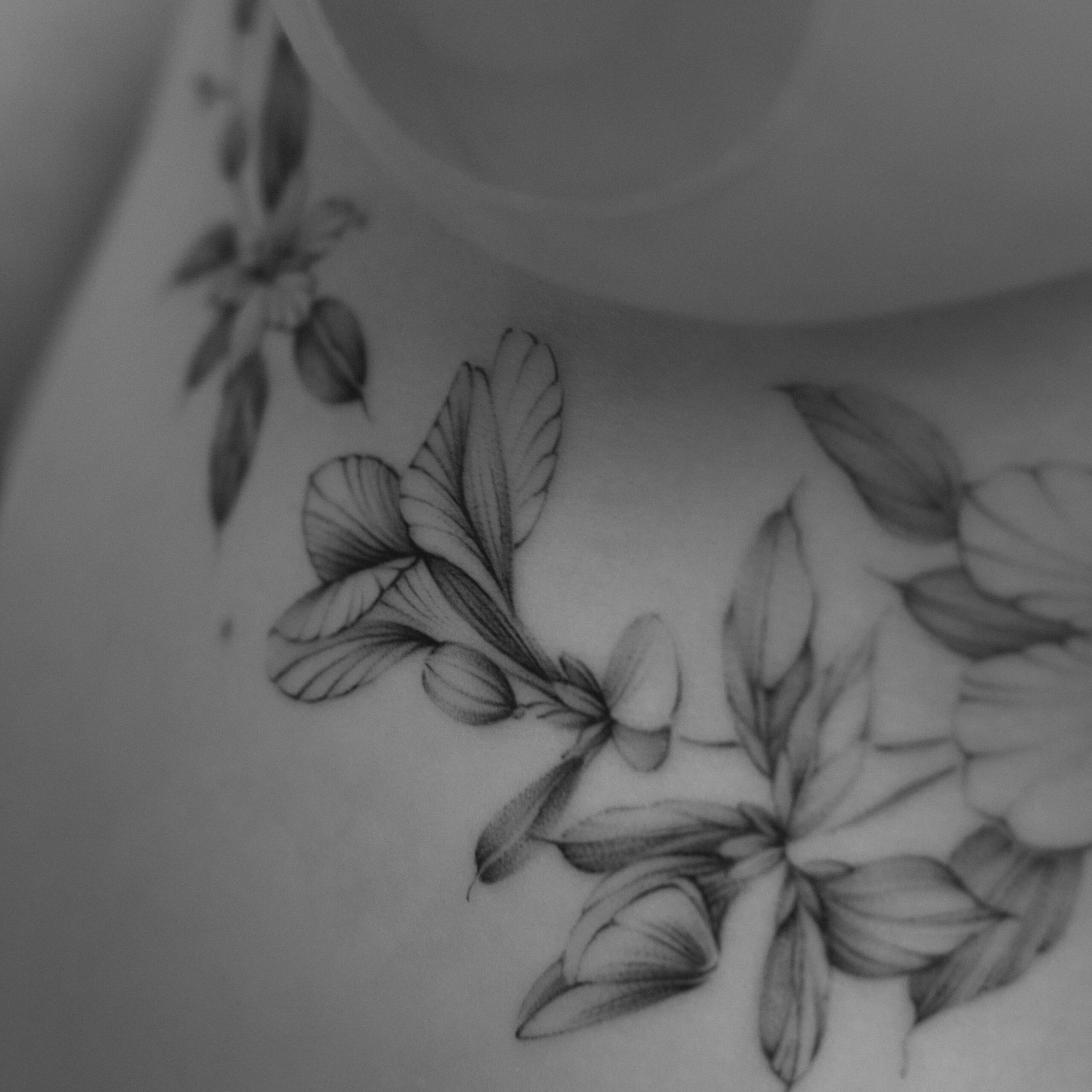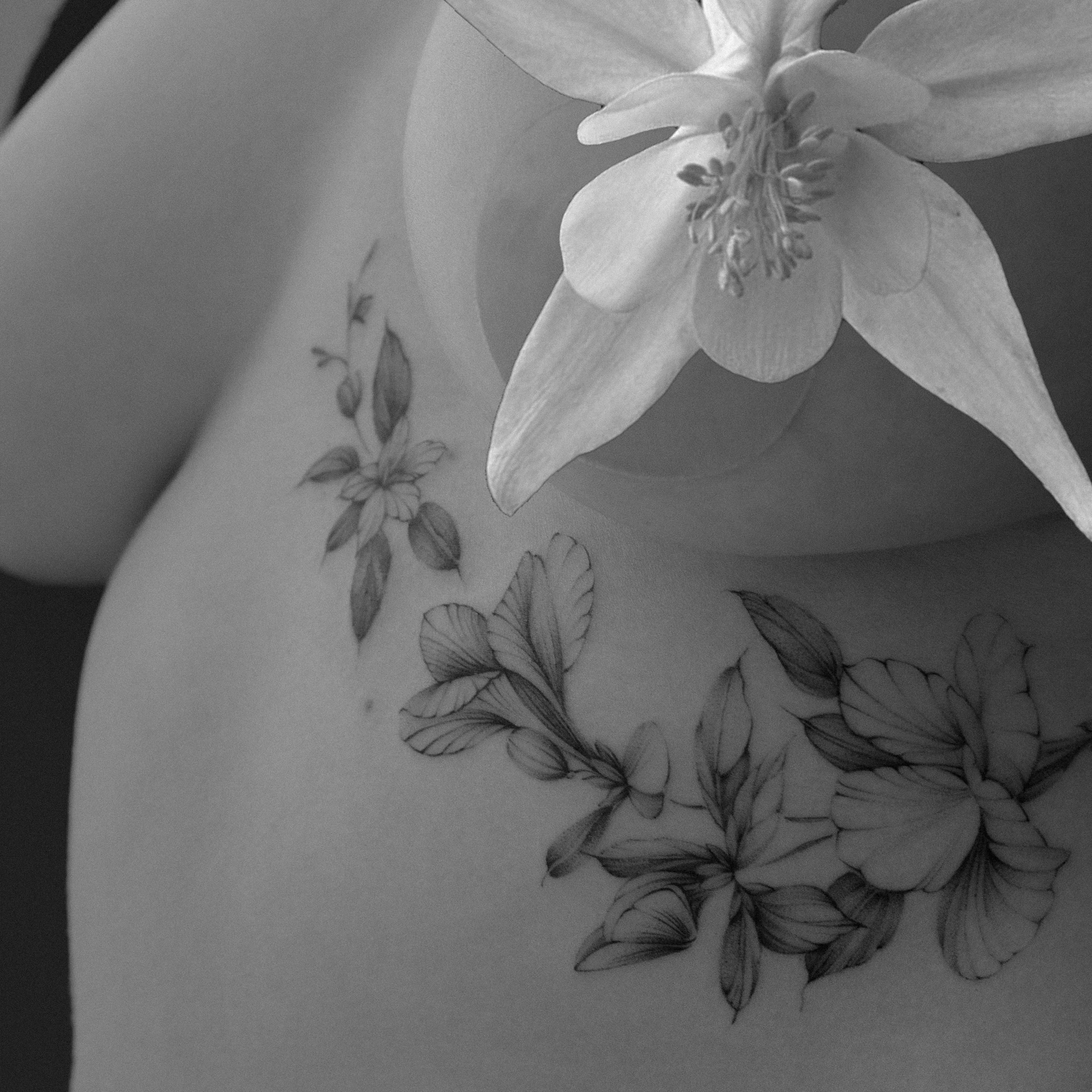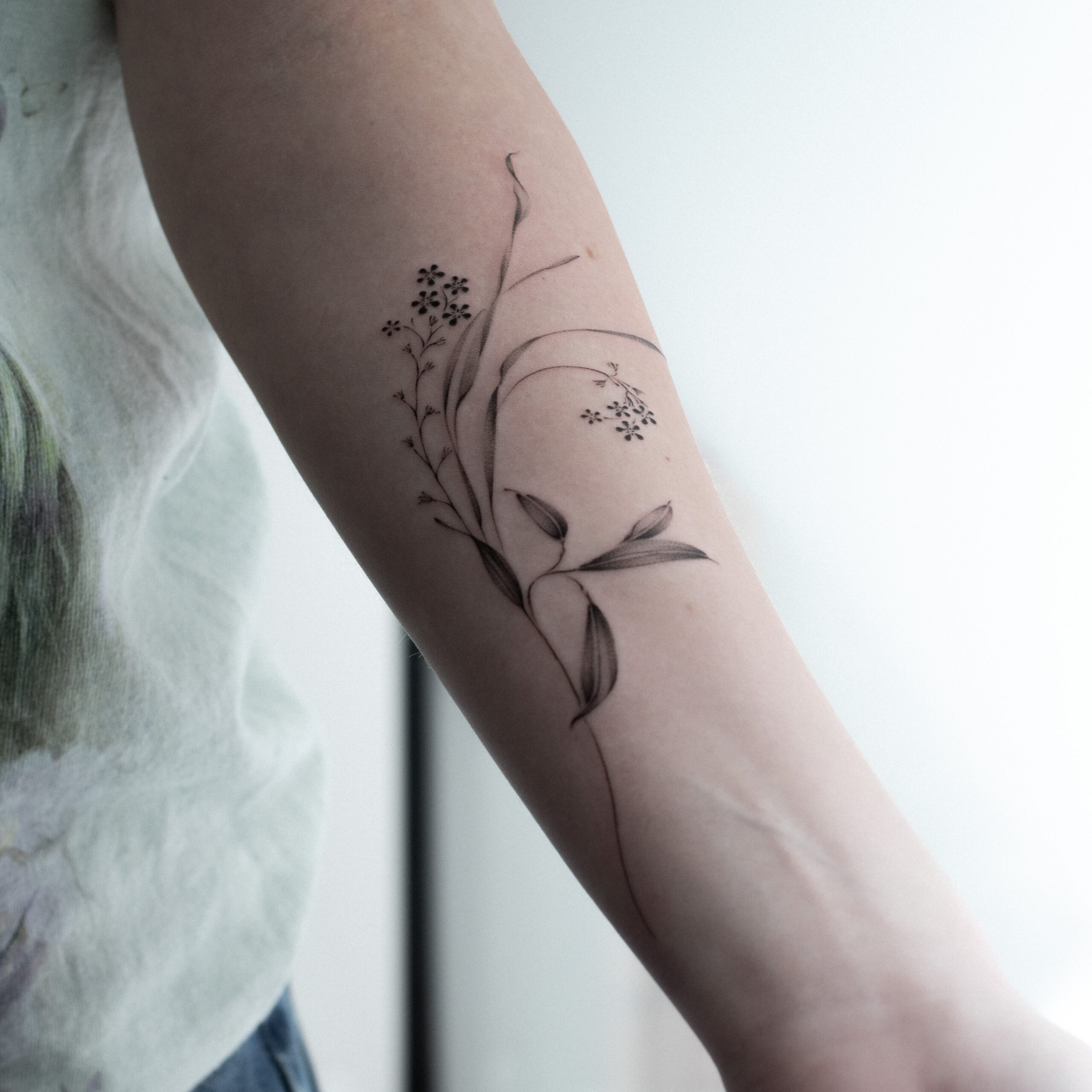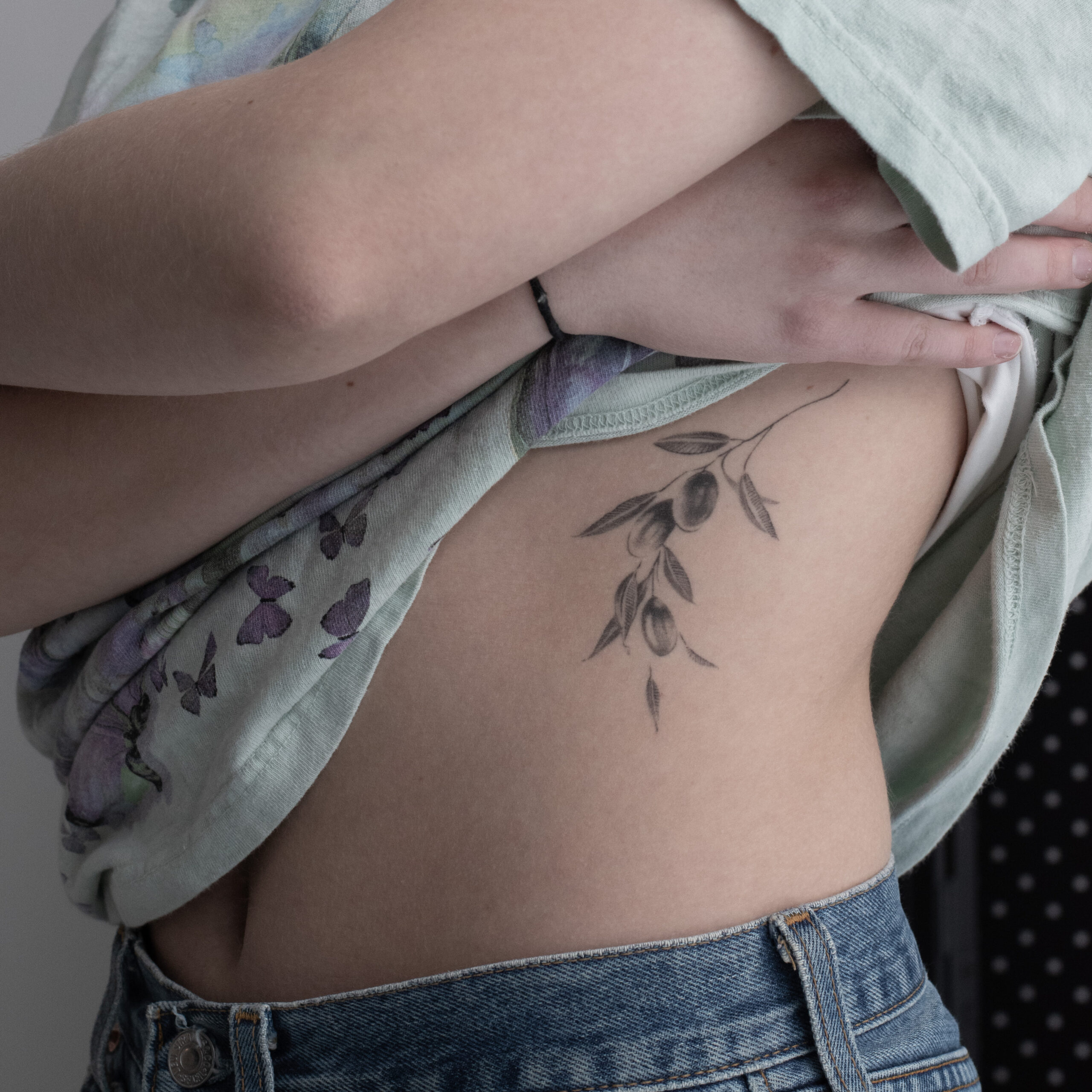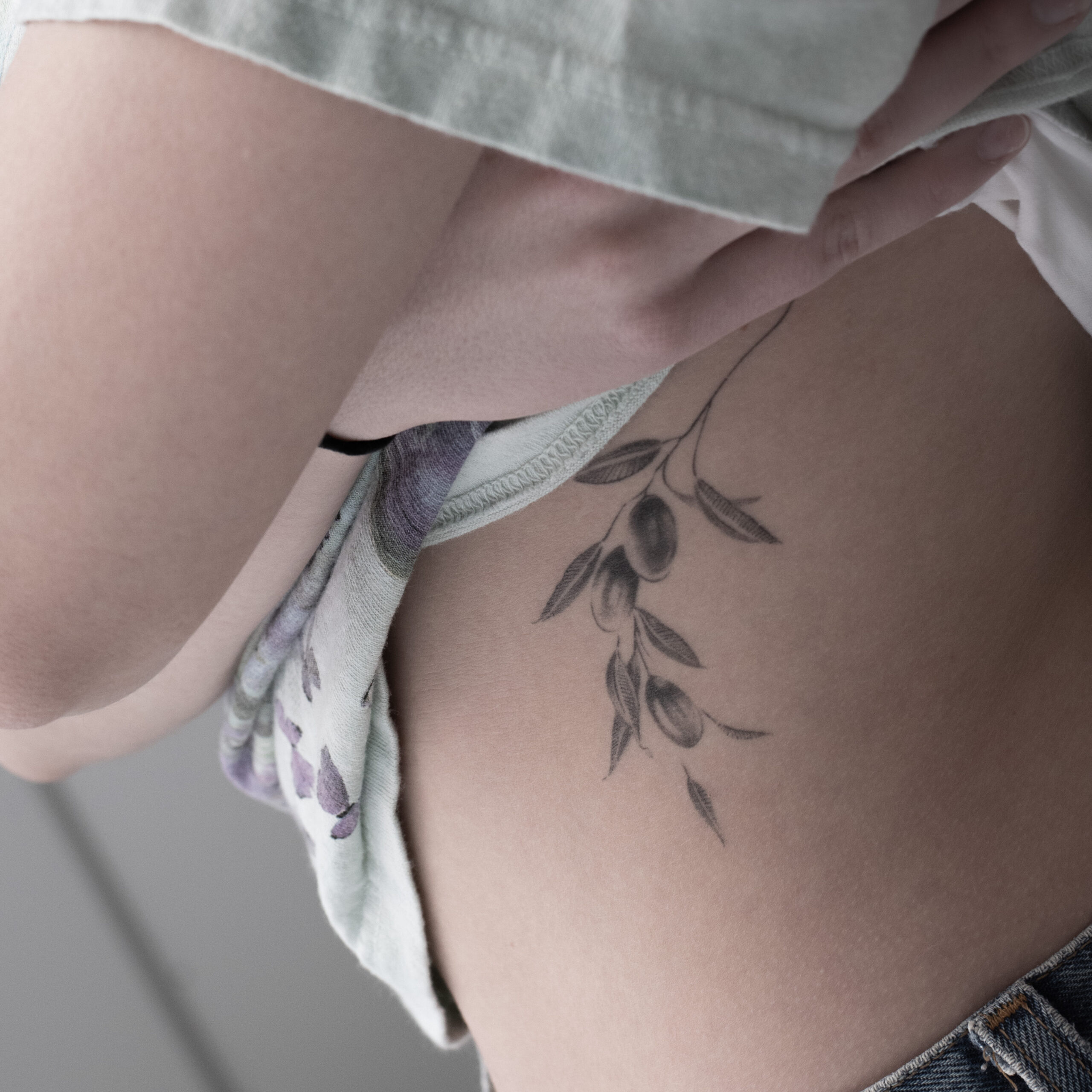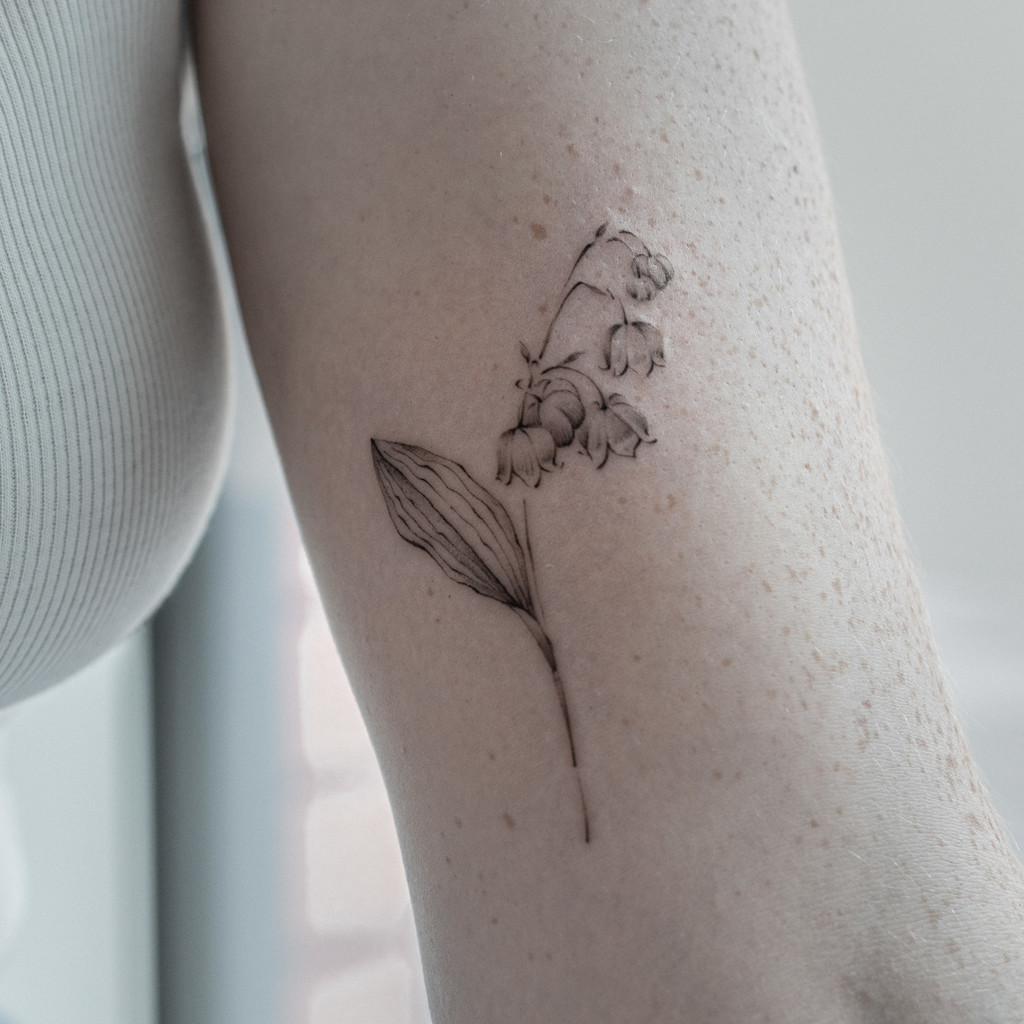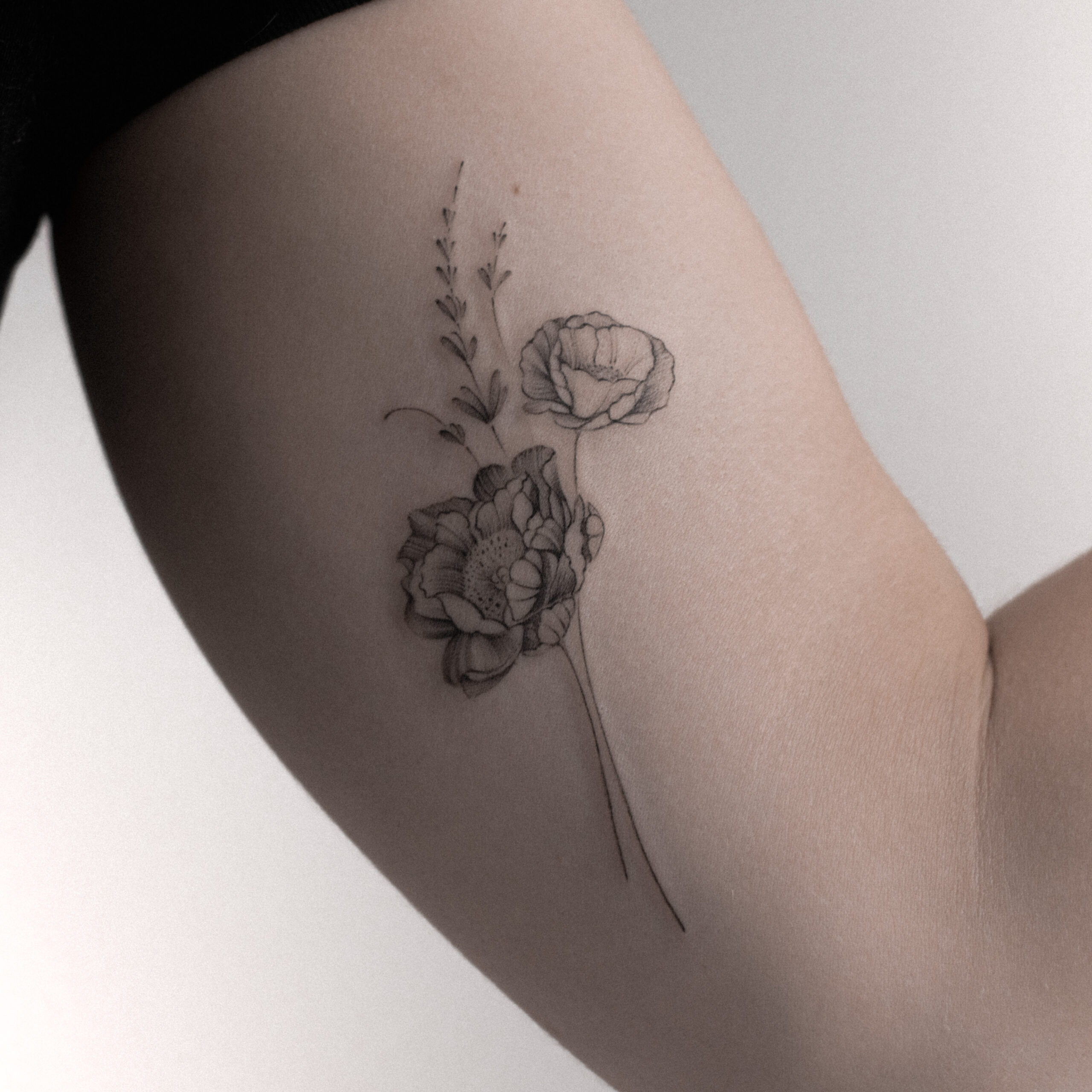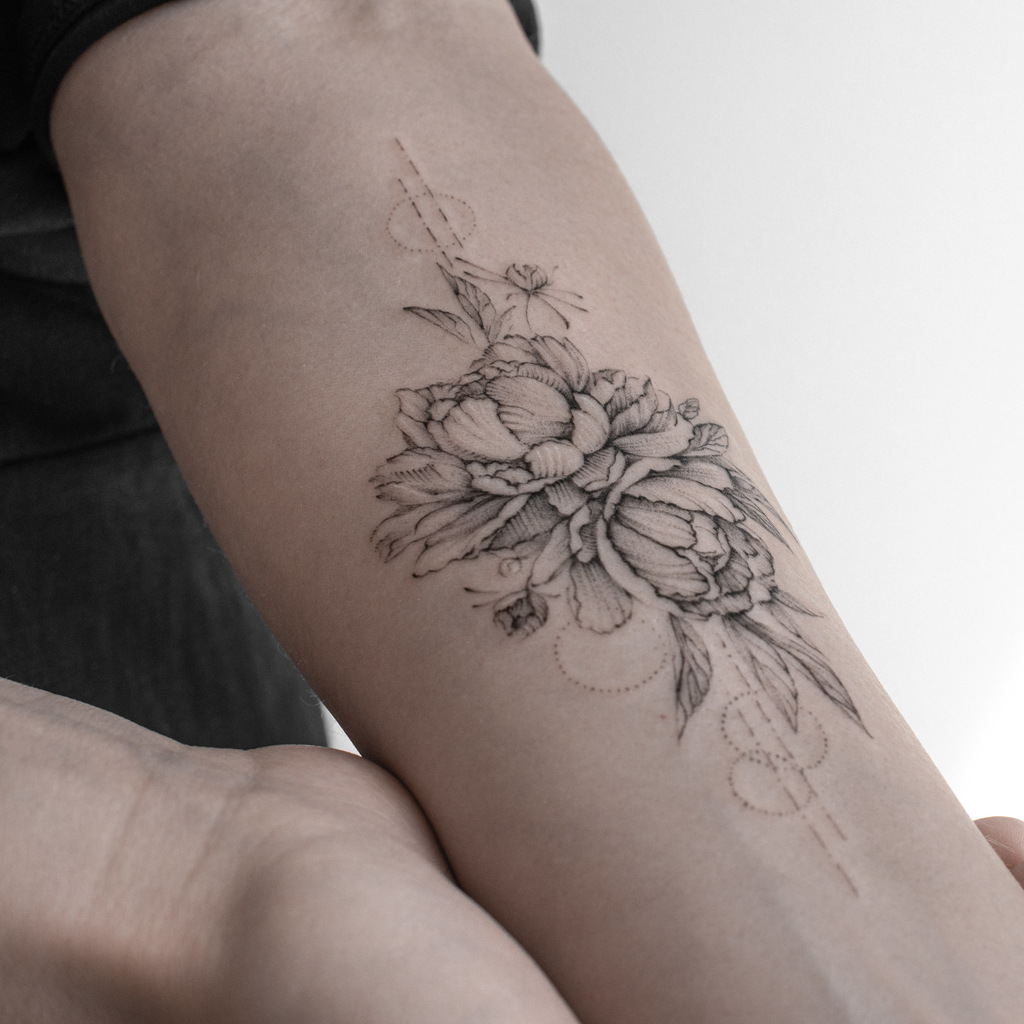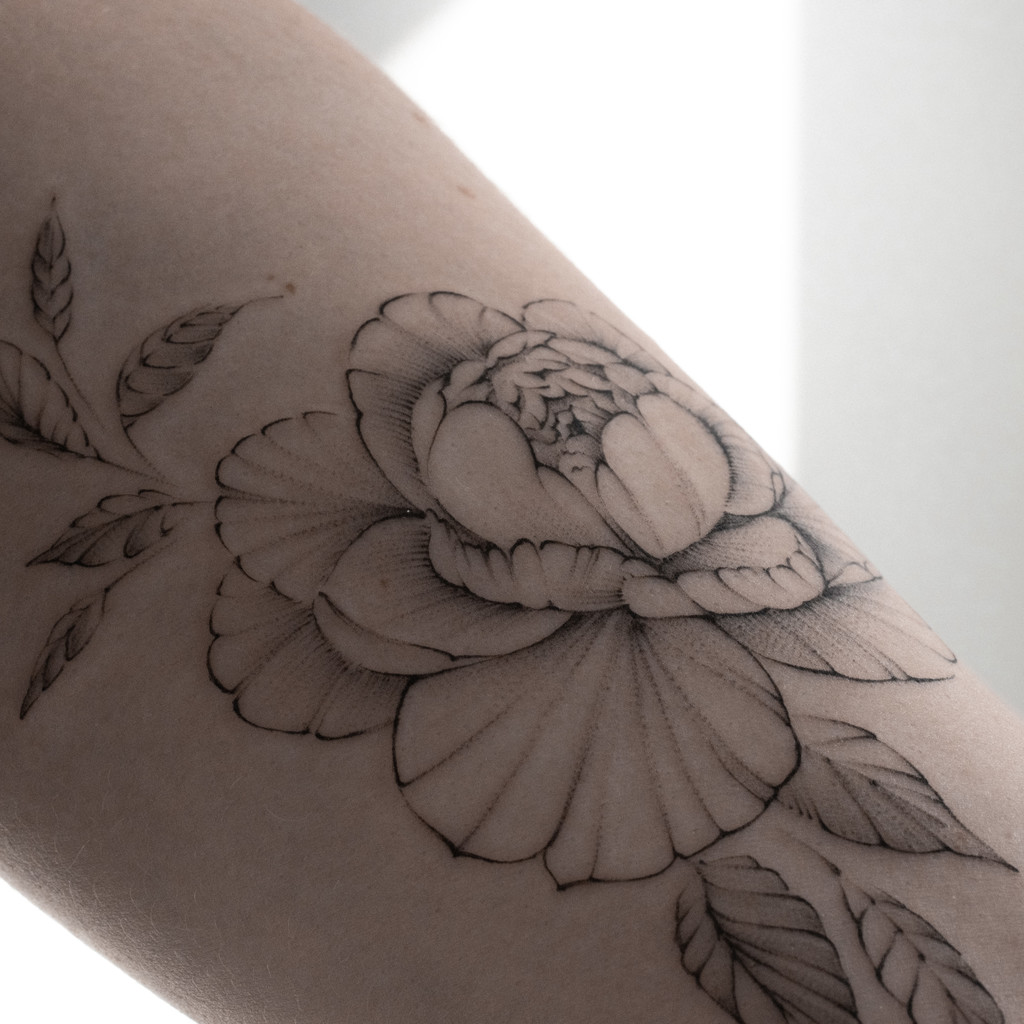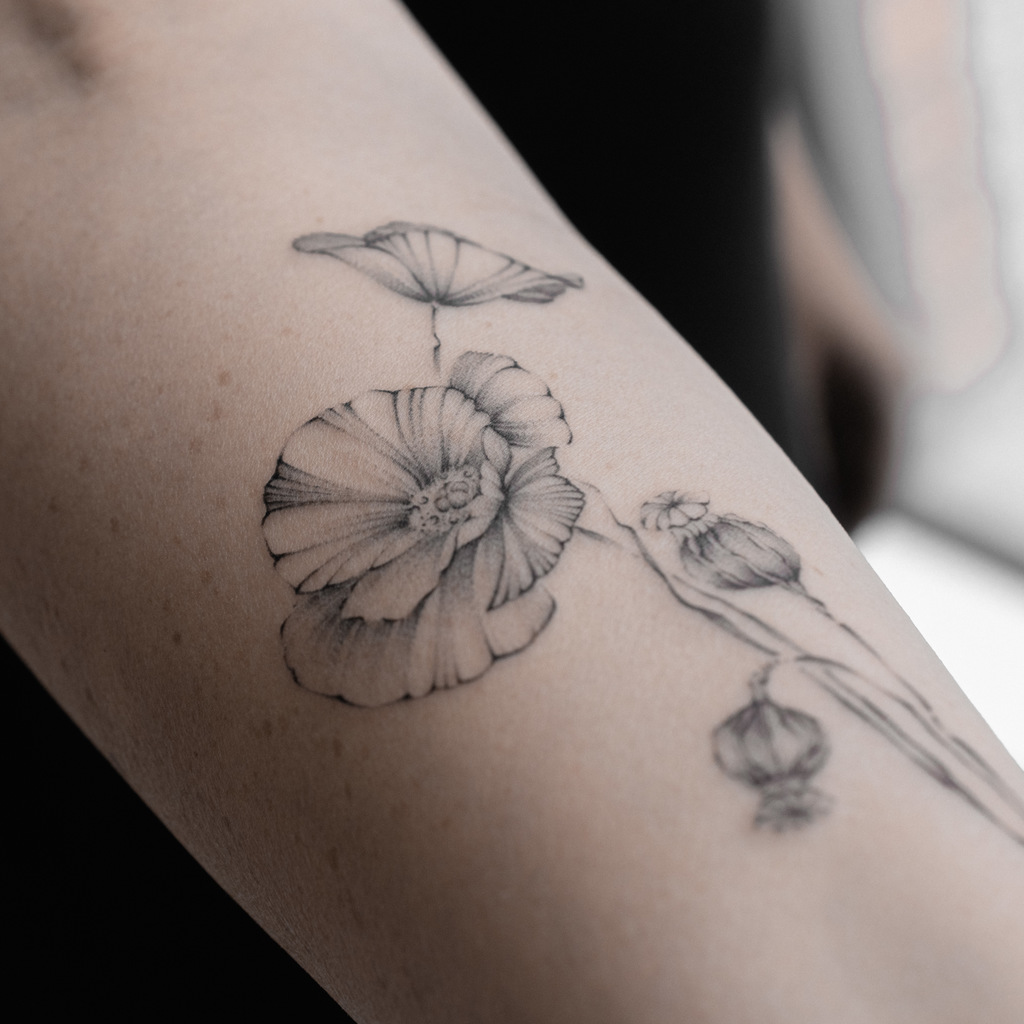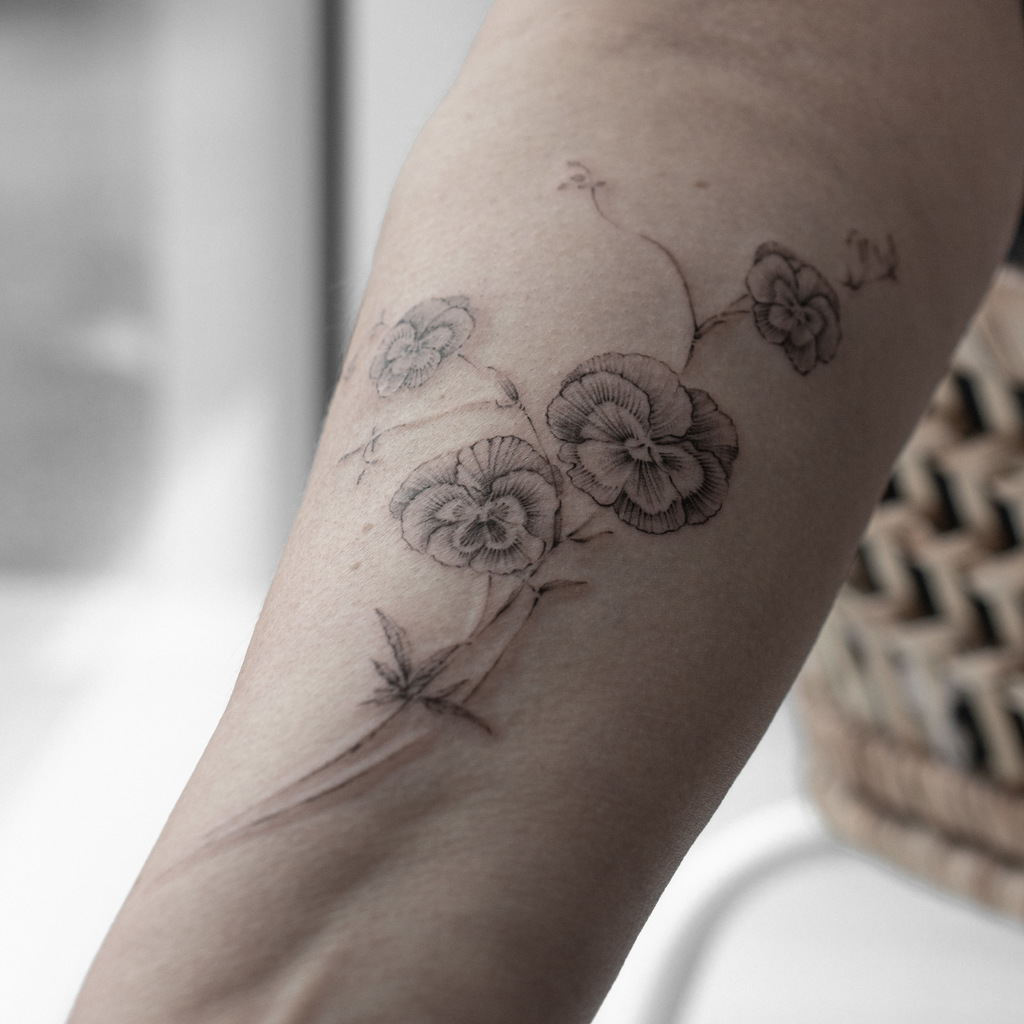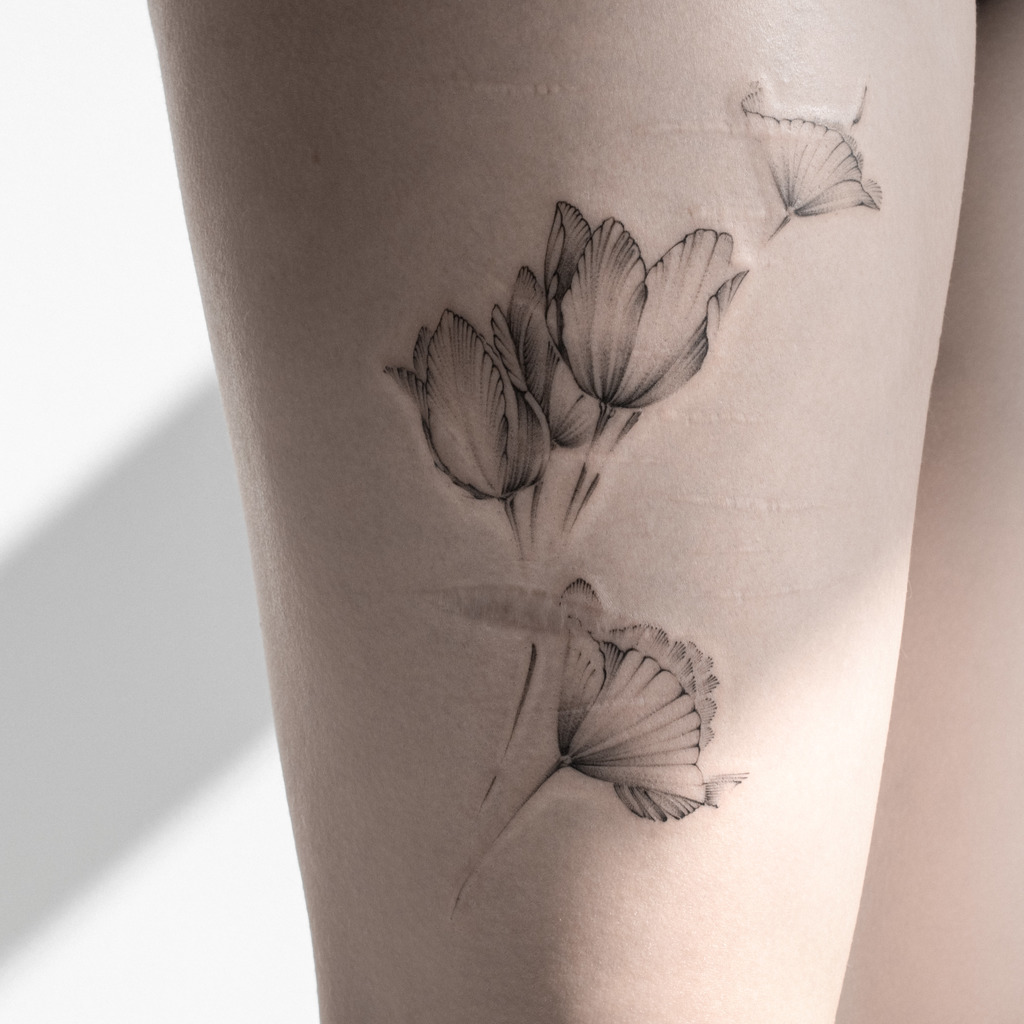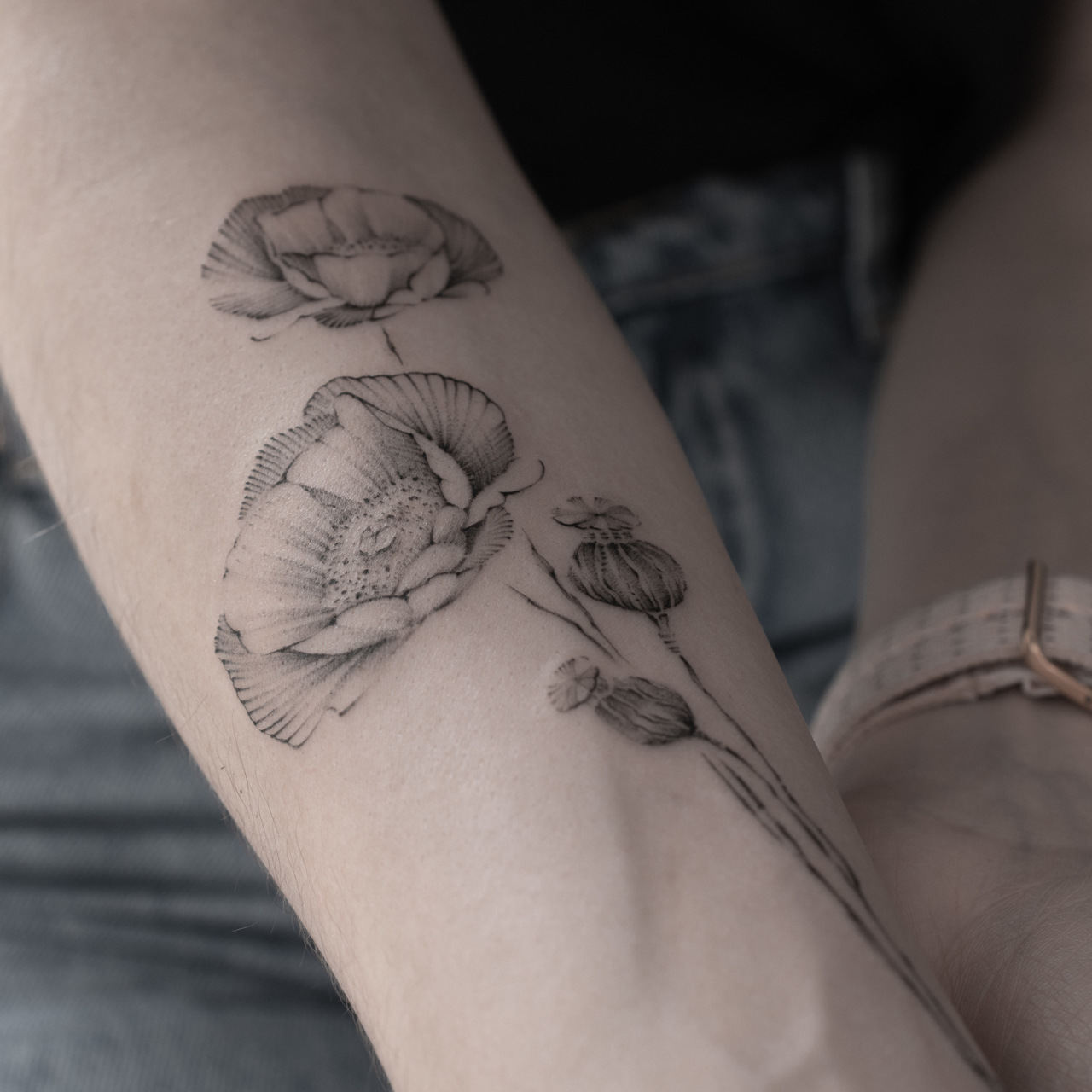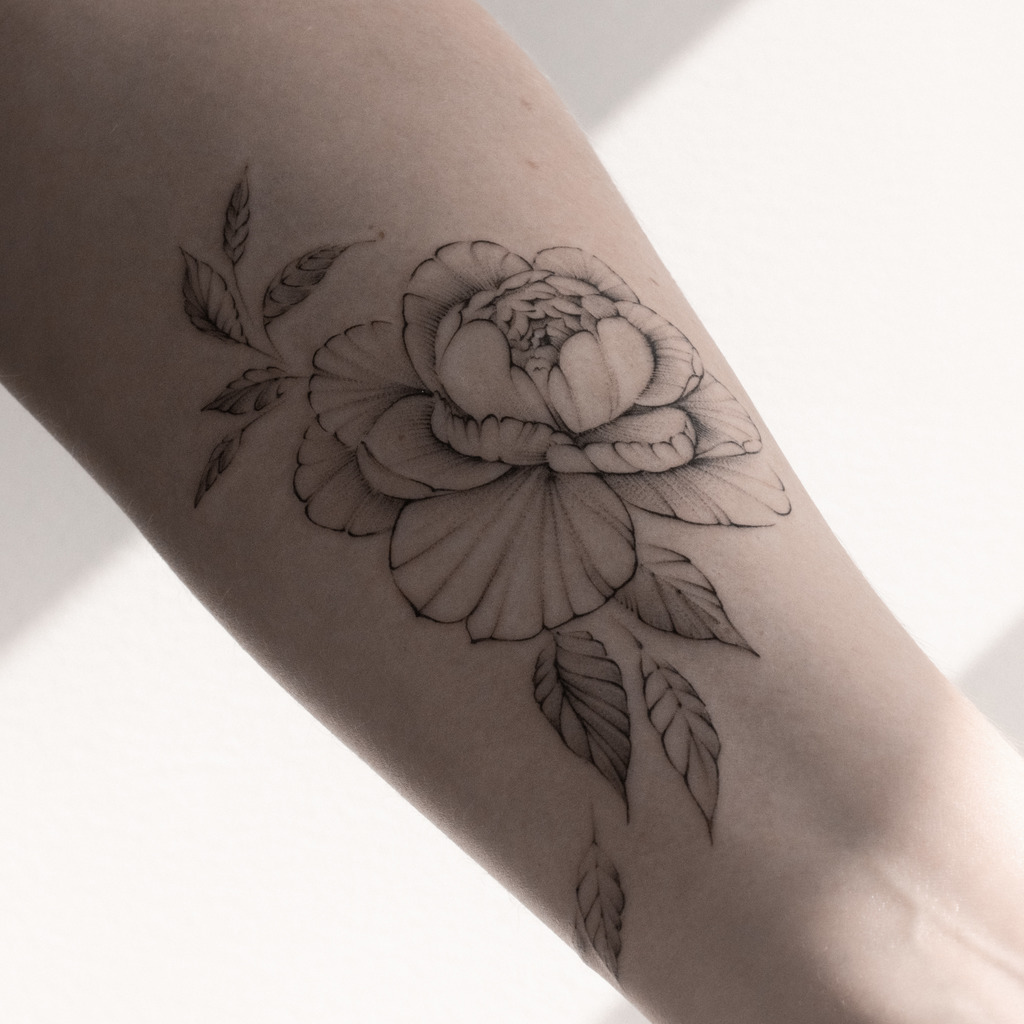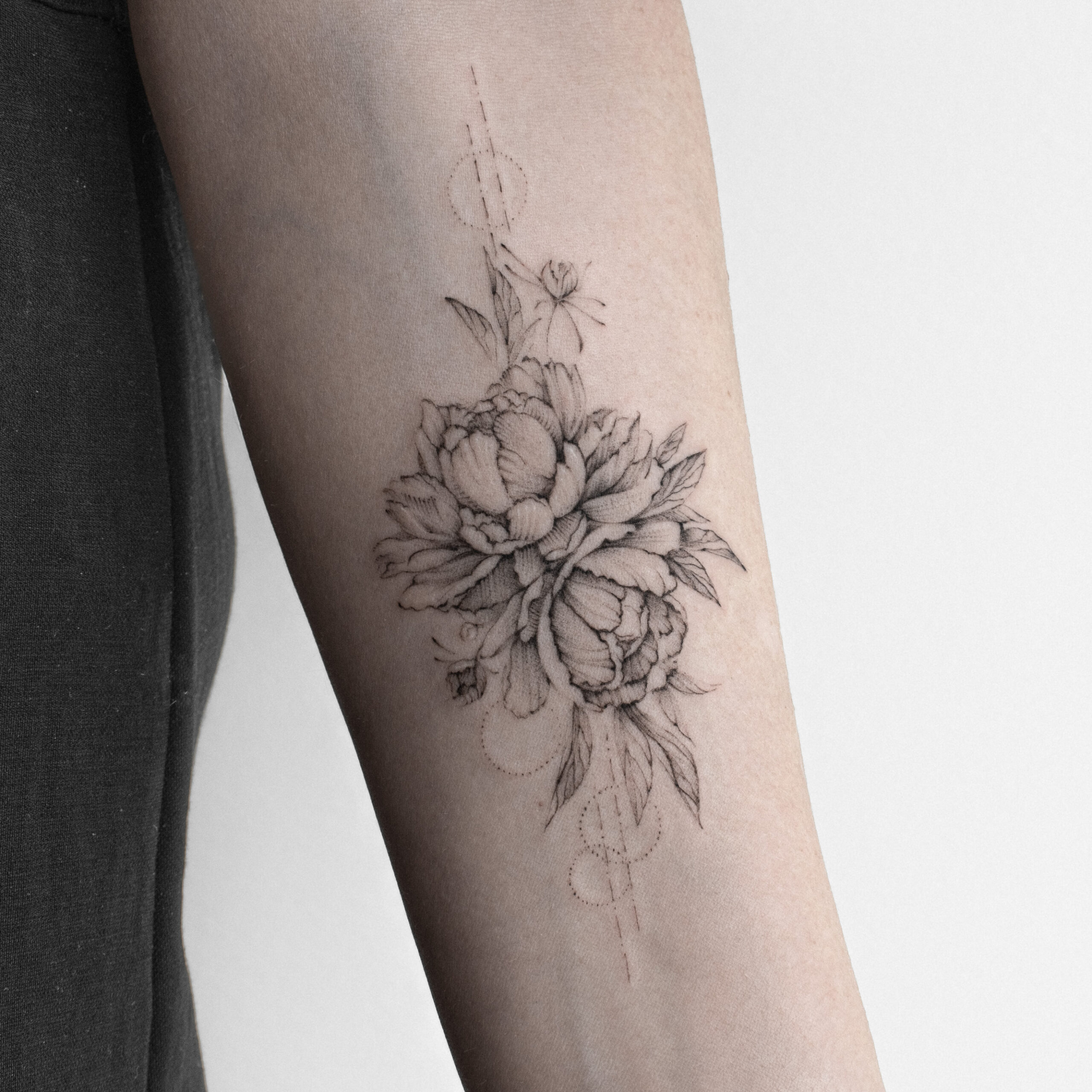
How Numbing Creams Could Affect Tattooing | Tattoo Pain & Safety
How Numbing Creams Could Affect Tattooing
Tattooing is a growing industry. New products are constantly appearing — some genuinely improve the process (like more precise needles or useful tools), while others, such as numbing creams, are currently causing more harm than benefit.
Let’s talk about numbing creams and how they can affect tattooing.
Why Pain Is a Signal — Not Just Discomfort
Pain is something all living creatures instinctively avoid, including humans. It isn’t connected to pleasure or satisfaction; instead, it signals when our body is under stress or needs attention.
That’s why products claiming to “protect you from pain” can be so appealing — they speak directly to an emotional response. But when it comes to tattoos, is it worth risking your own skin just to feel slightly less pain?
Before we explore that, check out our guide on how to prepare for a tattoo session to better understand how to approach your tattoo without relying on numbing creams.
What Could Go Wrong With Numbing Creams During Tattooing
While numbing creams aim to reduce pain, they can have side effects that impact both the tattoo process and long-term quality.
Skin Texture Changes
Some numbing creams can alter the texture of your skin, making it harder for the artist to work smoothly. This can affect precision, potentially leading to uneven lines or inconsistent shading.
Reduced Sensitivity and Lost Communication
Pain reduction isn’t always helpful — sometimes it stops you from giving essential feedback. If you can’t feel what’s happening, you may not notice when your body needs a break or urge the artist to adjust technique.
Good communication between you and your artist during the session is key for quality results. You can learn more about how session time works in our article on session time estimation.
Extended Tattoo Session
When skin feels differently than usual, the artist may need to work more slowly and cautiously, which could unintentionally prolong your session.
Risk of Overworking Skin
Numbing creams mask pain — but pain tells you when your body is reaching its limit. With the feeling blocked, there’s a risk of pushing your skin beyond what it can handle, increasing trauma, delaying healing, and potentially harming tattoo quality.
Allergic Reactions
Some people may react to ingredients in numbing creams, causing redness, swelling, or irritation. In more severe cases, this reaction could force the artist to stop the session altogether.
For detailed guidance on how your skin heals and what it looks like during that process, see our Fresh vs Healed blog.
Why Professional Tattoo Artists Often Avoid Numbing Creams
At this moment, we are not aware of any numbing cream that positively affects tattooing without side effects. Some products claim to help, but they may alter skin conditions in ways that are counterproductive to the tattooing process.
Consider this: would you really put a cream with dozens of chemical names you can’t pronounce on an open wound and hope for the best?
Until independent research and approval from public health institutions confirm the safety of these creams, it’s wiser to focus on preparation, comfort, and pacing through the session.
Enjoy the tattooing experience as it is — it’s not as hard as most people imagine, and countless people before you have gone through it successfully.
Better Ways to Manage Tattoo Pain
Pain during tattooing isn’t something to fear — it’s part of the process. Instead of relying on creams:
-
Get good sleep before your session
-
Stay well-hydrated
-
Eat properly before you arrive
-
Wear comfortable clothing
-
Communicate openly with your artist
Preparing well and understanding pain as a guide helps you and your artist deliver the best possible outcome.
For preparation tips, see How to Prepare for a Tattoo Session.
To better understand how tattoos heal and why pain signals matter, explore Fresh vs Healed.
And for full aftercare recommendations, visit our aftercare page.
FAQ – Numbing Creams and Tattoos
Q: Do numbing creams ruin tattoos?
A: They can affect skin texture, sensation feedback, and how the tattoo heals — which may lead to inferior results.
Q: Can numbing creams help beginners with pain?
A: They might reduce sensation, but pain signals are valuable during tattooing. Blocking them can cause more harm than good.
Q: What’s a better alternative for pain management?
A: Proper rest, hydration, preparation, and communication with your artist — all discussed in our tattoo preparation guide.
Final Thoughts
Pain is a natural and useful part of the tattoo process — it helps you listen to your body and work collaboratively with your artist. Instead of masking it with numbing creams that can change skin behavior or interfere with communication, focus on proper preparation and pacing.
If you’re planning a tattoo in Amsterdam and want a professional, attentive experience, feel free to check our FAQ and booking details — and if you’re curious about art beyond tattoos, don’t forget to explore our tattoo-inspired art prints at Vadelma Prints: https://vadelmaprints.com/
Love,
Simon
Tattoos that matter — for people who care
How Numbing Creams Could Affect Tattooing
Tattooing is a growing industry. New products are constantly appearing — some genuinely improve the process (like more precise needles or useful tools), while others, such as numbing creams, are currently causing more harm than benefit.
Let’s talk about numbing creams and how they can affect tattooing.
Why Pain Is a Signal — Not Just Discomfort
Pain is something all living creatures instinctively avoid, including humans. It isn’t connected to pleasure or satisfaction; instead, it signals when our body is under stress or needs attention.
That’s why products claiming to “protect you from pain” can be so appealing — they speak directly to an emotional response. But when it comes to tattoos, is it worth risking your own skin just to feel slightly less pain?
Before we explore that, check out our guide on how to prepare for a tattoo session to better understand how to approach your tattoo without relying on numbing creams.
What Could Go Wrong With Numbing Creams During Tattooing
While numbing creams aim to reduce pain, they can have side effects that impact both the tattoo process and long-term quality.
Skin Texture Changes
Some numbing creams can alter the texture of your skin, making it harder for the artist to work smoothly. This can affect precision, potentially leading to uneven lines or inconsistent shading.
Reduced Sensitivity and Lost Communication
Pain reduction isn’t always helpful — sometimes it stops you from giving essential feedback. If you can’t feel what’s happening, you may not notice when your body needs a break or urge the artist to adjust technique.
Good communication between you and your artist during the session is key for quality results. You can learn more about how session time works in our article on session time estimation.
Extended Tattoo Session
When skin feels differently than usual, the artist may need to work more slowly and cautiously, which could unintentionally prolong your session.
Risk of Overworking Skin
Numbing creams mask pain — but pain tells you when your body is reaching its limit. With the feeling blocked, there’s a risk of pushing your skin beyond what it can handle, increasing trauma, delaying healing, and potentially harming tattoo quality.
Allergic Reactions
Some people may react to ingredients in numbing creams, causing redness, swelling, or irritation. In more severe cases, this reaction could force the artist to stop the session altogether.
For detailed guidance on how your skin heals and what it looks like during that process, see our Fresh vs Healed blog.
Why Professional Tattoo Artists Often Avoid Numbing Creams
At this moment, we are not aware of any numbing cream that positively affects tattooing without side effects. Some products claim to help, but they may alter skin conditions in ways that are counterproductive to the tattooing process.
Consider this: would you really put a cream with dozens of chemical names you can’t pronounce on an open wound and hope for the best?
Until independent research and approval from public health institutions confirm the safety of these creams, it’s wiser to focus on preparation, comfort, and pacing through the session.
Enjoy the tattooing experience as it is — it’s not as hard as most people imagine, and countless people before you have gone through it successfully.
Better Ways to Manage Tattoo Pain
Pain during tattooing isn’t something to fear — it’s part of the process. Instead of relying on creams:
-
Get good sleep before your session
-
Stay well-hydrated
-
Eat properly before you arrive
-
Wear comfortable clothing
-
Communicate openly with your artist
Preparing well and understanding pain as a guide helps you and your artist deliver the best possible outcome.
For preparation tips, see How to Prepare for a Tattoo Session.
To better understand how tattoos heal and why pain signals matter, explore Fresh vs Healed.
And for full aftercare recommendations, visit our aftercare page.
FAQ – Numbing Creams and Tattoos
Q: Do numbing creams ruin tattoos?
A: They can affect skin texture, sensation feedback, and how the tattoo heals — which may lead to inferior results.
Q: Can numbing creams help beginners with pain?
A: They might reduce sensation, but pain signals are valuable during tattooing. Blocking them can cause more harm than good.
Q: What’s a better alternative for pain management?
A: Proper rest, hydration, preparation, and communication with your artist — all discussed in our tattoo preparation guide.
Final Thoughts
Pain is a natural and useful part of the tattoo process — it helps you listen to your body and work collaboratively with your artist. Instead of masking it with numbing creams that can change skin behavior or interfere with communication, focus on proper preparation and pacing.
If you’re planning a tattoo in Amsterdam and want a professional, attentive experience, feel free to check our FAQ and booking details — and if you’re curious about art beyond tattoos, don’t forget to explore our tattoo-inspired art prints at Vadelma Prints: https://vadelmaprints.com/
Love,
Simon
Tattoos that matter — for people who care

